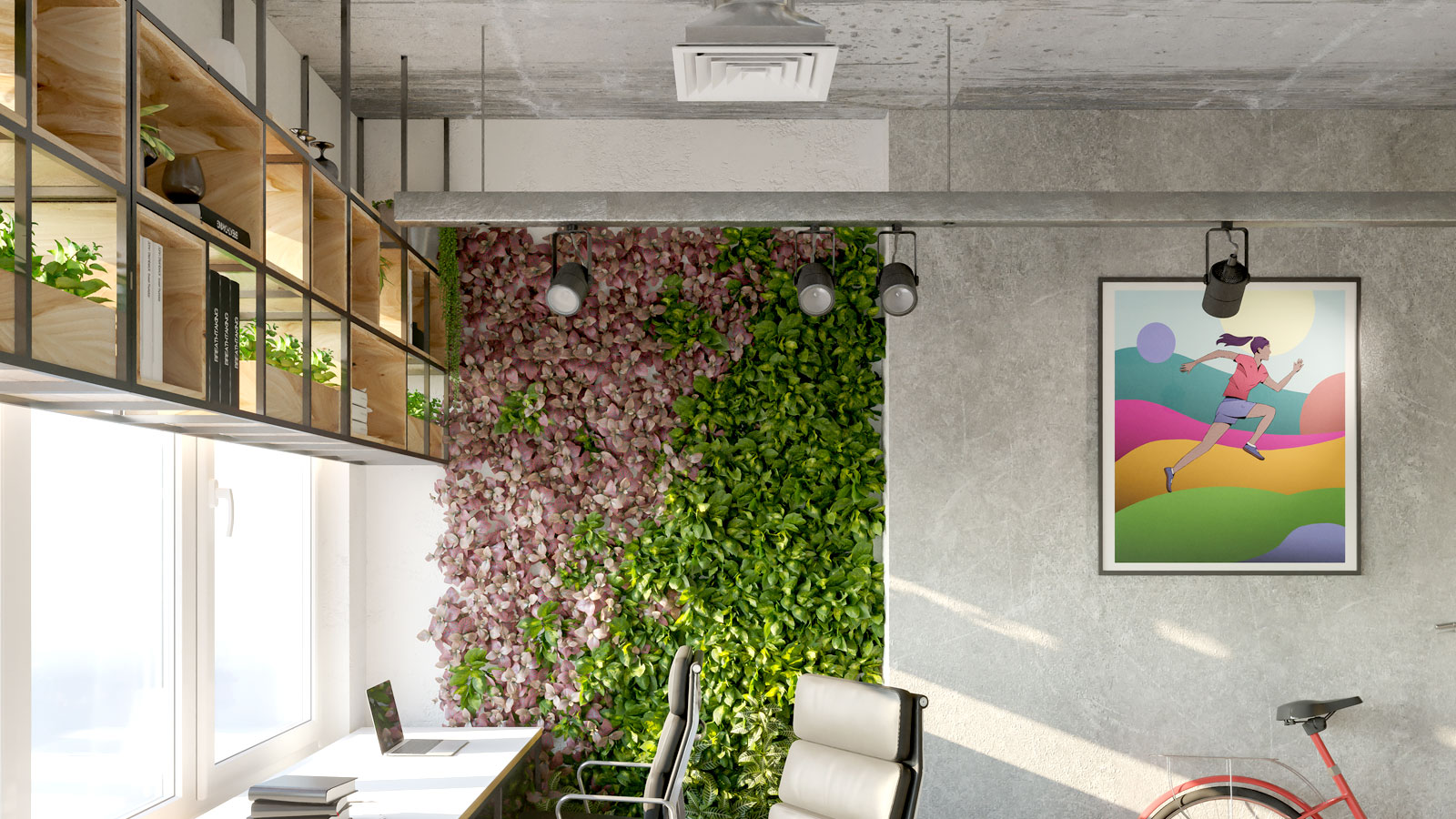25 driveway ideas that are smart, stylish and practical
Whatever your driveway size or available budget, we've rounded up a selection of ideas and expert advice to ensure your kerb appeal is on point
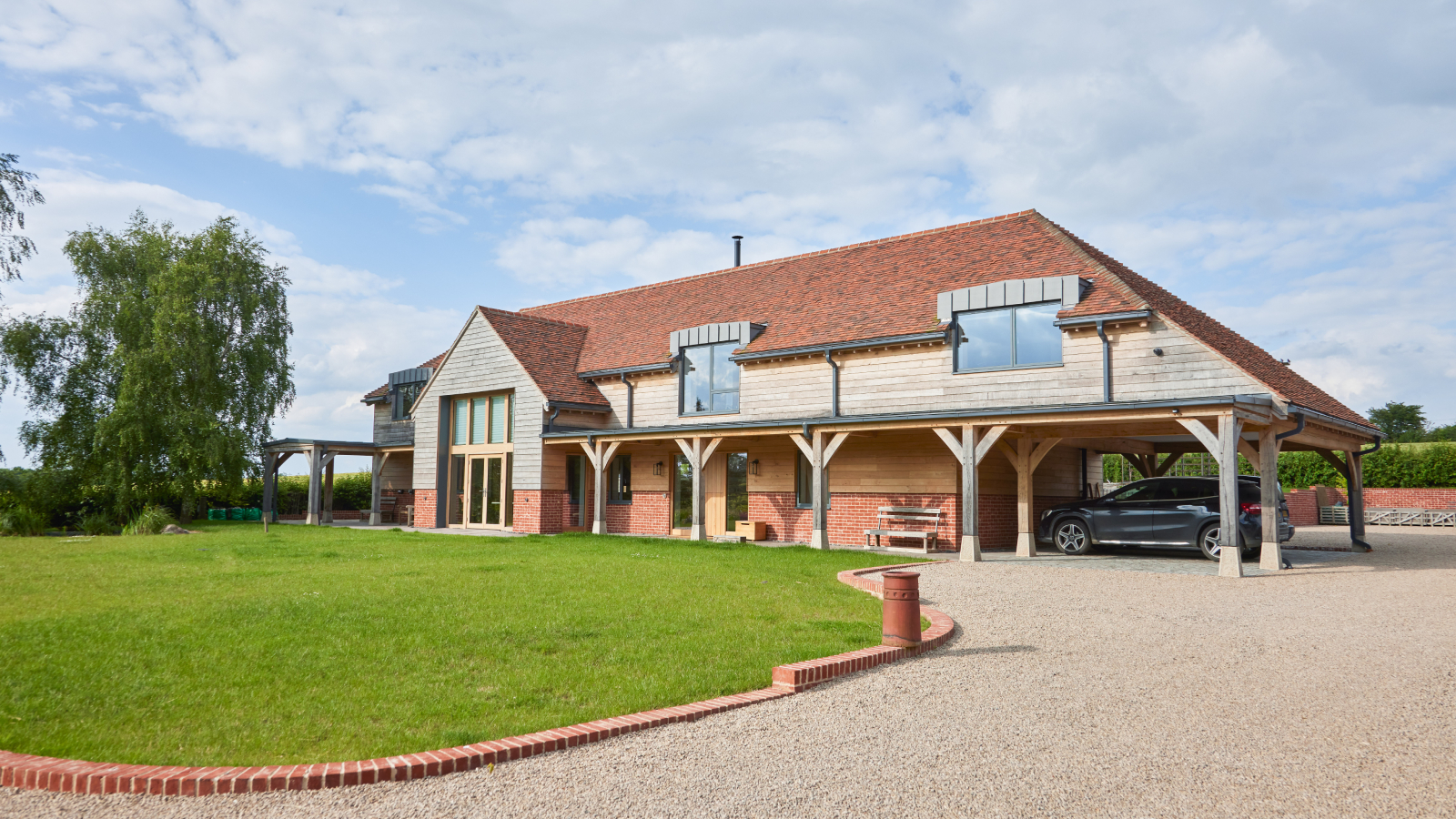
Getting your driveway ideas right will involve giving consideration to a number of different areas. As well as making sure it looks good, it will also need to fulfil the needs of the property and its inhabitants.
But, in addition to materials, size and design you'll also need to take into account whether you're seeking driveway ideas for a self build – where planning permission may have required you to create off-road parking – or, if you're updating an existing driveway, will this involve adhering to any building regulations?
In either scenario, with driveways generally used on a daily basis, investing now in the right driveway ideas is a sensible long term investment that will add value to your home, and your experience of living there. With that in mind, we've rounded up 25 designs and expert advice to help you make a lasting first impression.
1. Don't dismiss the importance of having a designated driveway
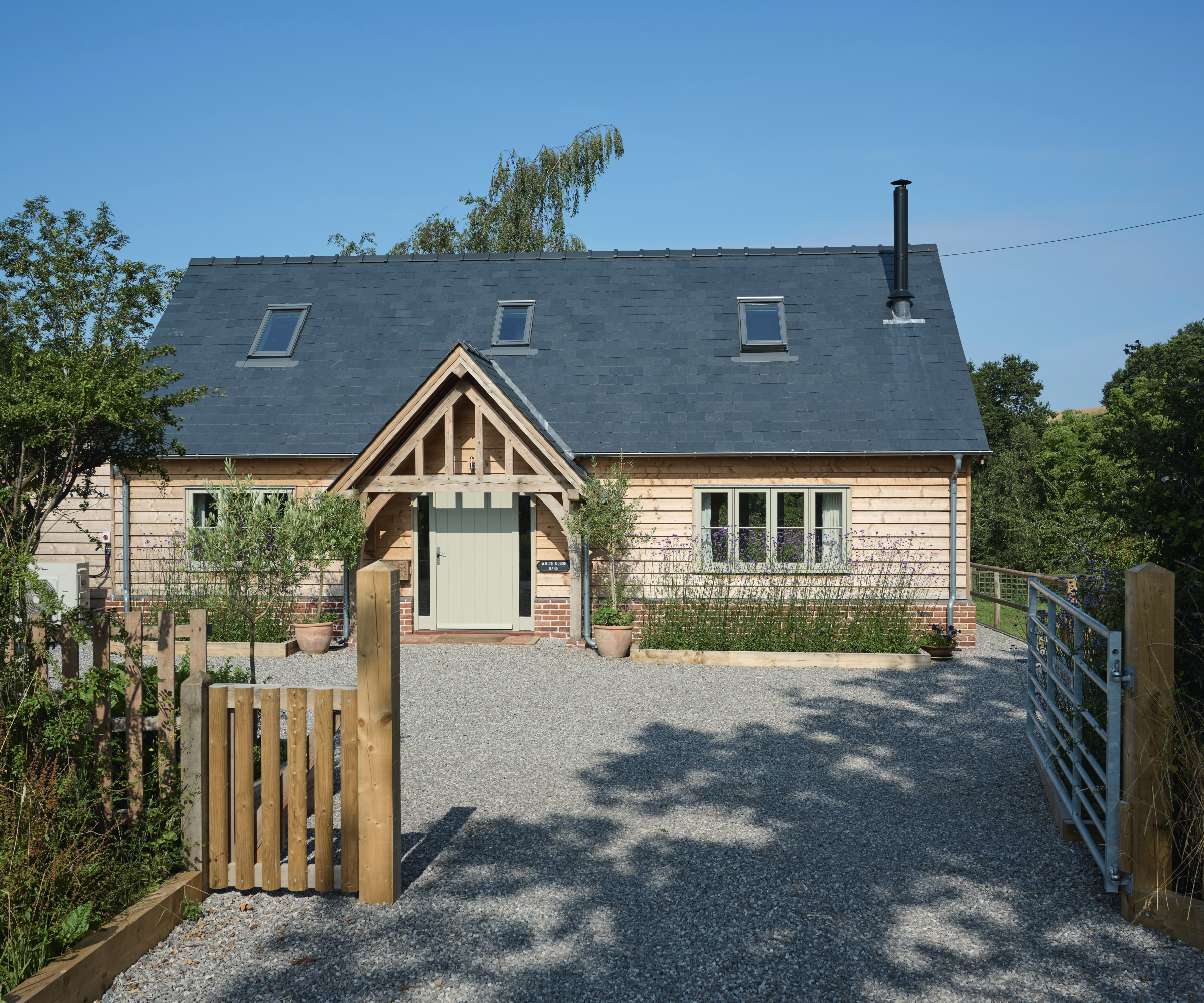
If you're questioning whether you need driveway ideas for smaller plots, it's important not to dismiss the value a driveway adds not just to your enjoyment of your home, but also to any future house sale, say the experts.
"Driveways offer a wealth of practical benefits and have a positive impact on a property’s kerb appeal, so it’s no surprise that they’re popular among existing and potential homeowners," says Anna Hampshire, marketing business partner at Marshalls.
"In recent research from Marshalls, two-thirds (64%) of people stated that having a private driveway would be important when moving house, and for 17%, the absence of a private driveway would be a deal breaker, putting them off purchasing a home completely."
Anna Hampshire has a wealth of knowledge on hard landscaping solutions thanks to her role at Marshalls, a company providing a variety of materials and solutions for your outdoor spaces.
2. Printed concrete offers a practical, durable and stylish option
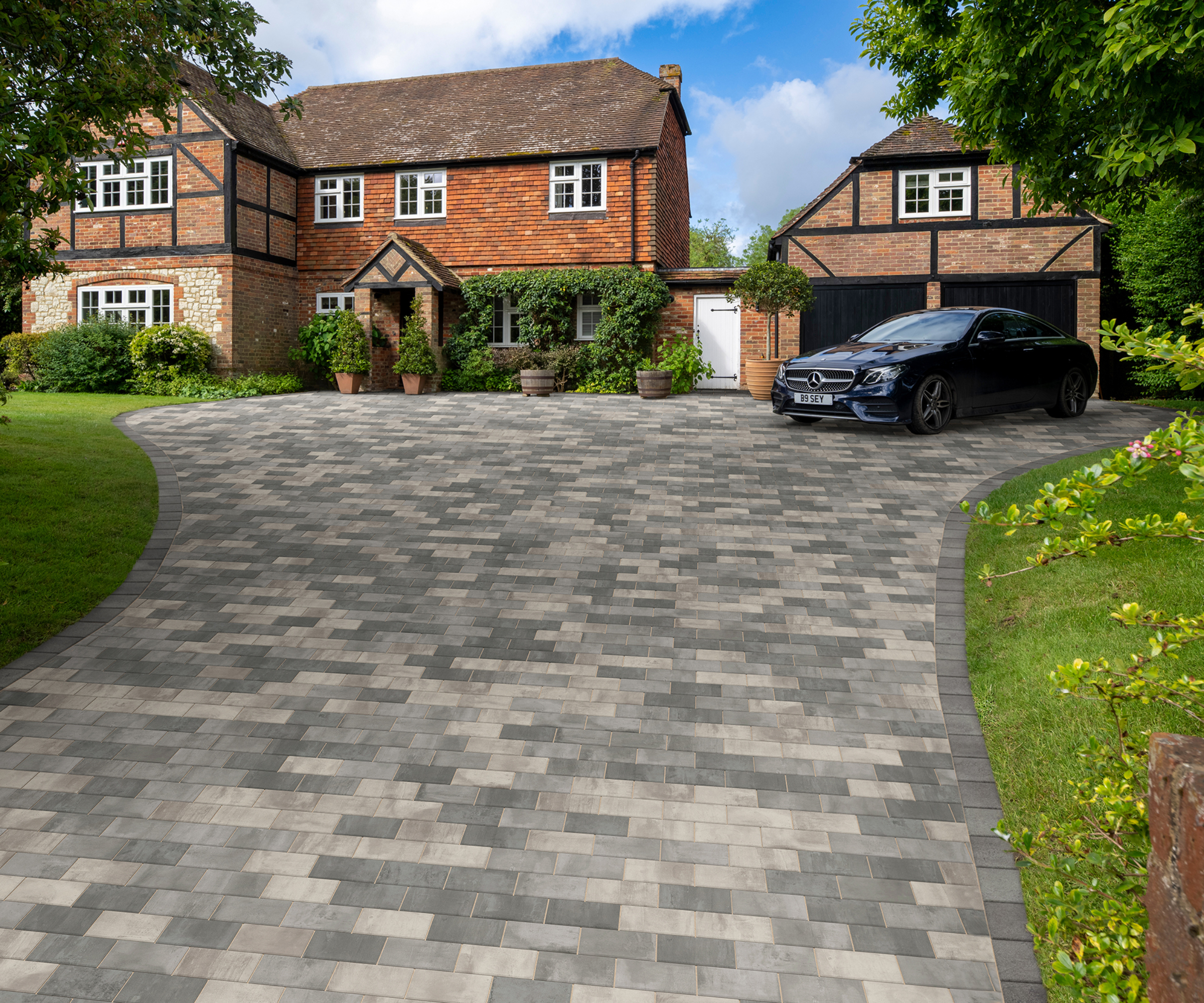
Choosing the best driveway materials for your driveway design will mean getting the right balance between style, practicality and your purse. While it's possible to spend a large amount on external landscaping, there are also options available that can be more budget-friendly, without compromising on style or quality.
Printed concrete is one such example, and advanced technology means it's now a viable option for any type of driveway idea.
"Printed concrete is transforming driveway design by offering an extensive range of colours and styles," says Anna Hampshire. "By utilising advanced concrete printing technology, we can provide homeowners with an aesthetically pleasing driveway without compromising on durability or ease of installation.
"Durability is particularly important in driveway ideas as modern driveways need to withstand increased vehicle weights and accommodate the needs of homeowners with multiple cars," she explains. "Factors such as climate conditions, heavy rainfall and UV exposure require driveway surfaces to be resilient and long-lasting.
"Unlike natural granite, concrete can be laid on a flexible, unbound bed, making installation more cost-effective and efficient. Additionally, products like the Infinia range at Marshalls, incorporate surface coatings that protect against staining, UV fading, frost damage and abrasion, ensuring longevity with minimal maintenance.
"Traditionally, concrete has been perceived as an unattractive, budget-friendly option, but new stylish designs mean homeowners can achieve a premium look, which is easy to install," she adds.
3. Break up a driveway with green space
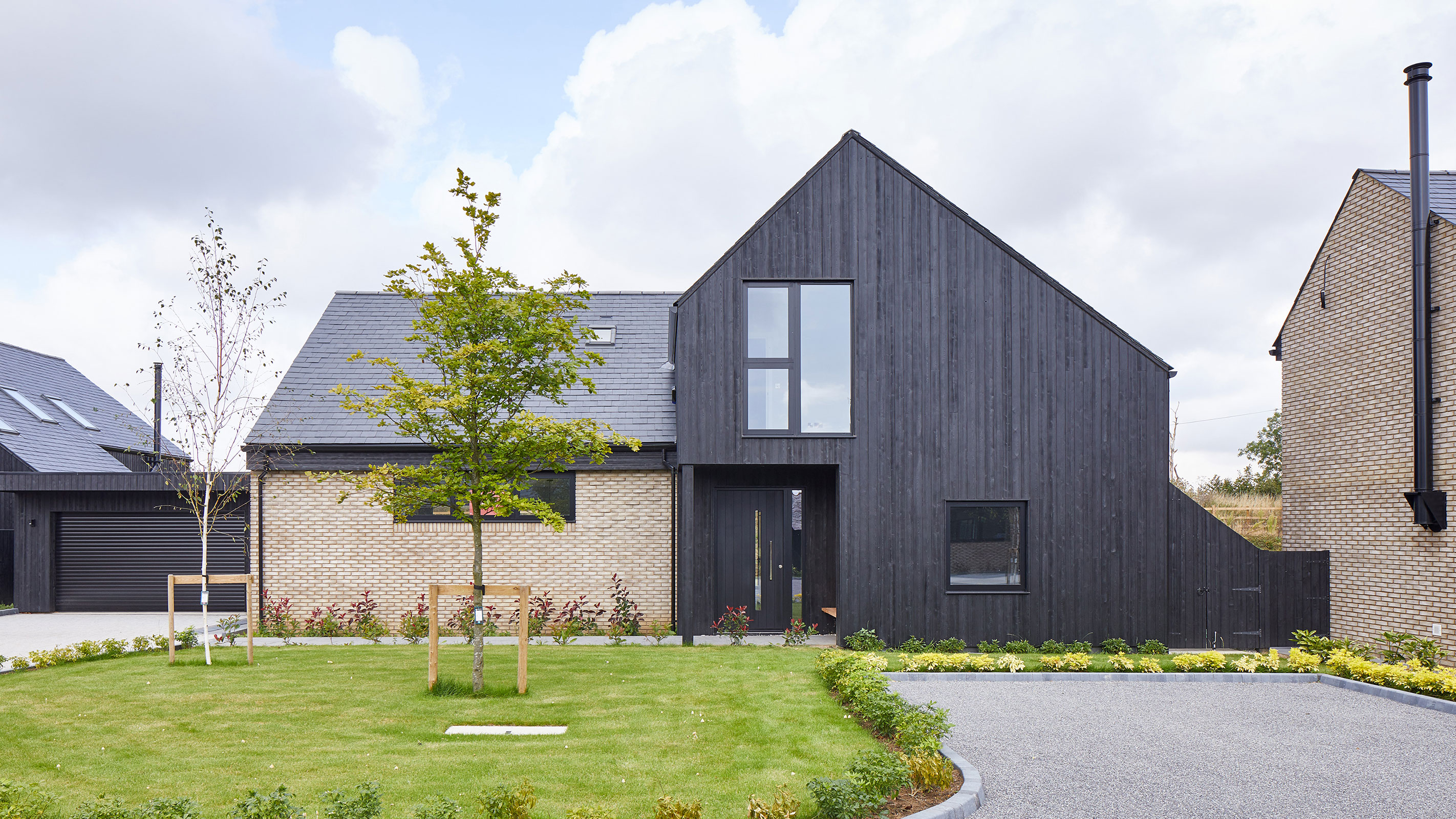
Huge expanses of paving or gravel can seem a little lacking in character which is why, when dealing with a larger driveway, it can be a better idea to use several different materials in combination – and to include some green space too.
"If cars are to be parked at the front of your house then it’s not game over for living plants," says award-winning landscape designer, Paul Hervey-Brookes. "If possible, don’t be tempted to block pave over the entire front garden – plenty of plants will live with parking, so modern drives can combine parking and green functions."
Here, the driveway has been split into two distinct elements, one for parking and another area to provide visual appeal.
4. Create a clear path from driveway to door
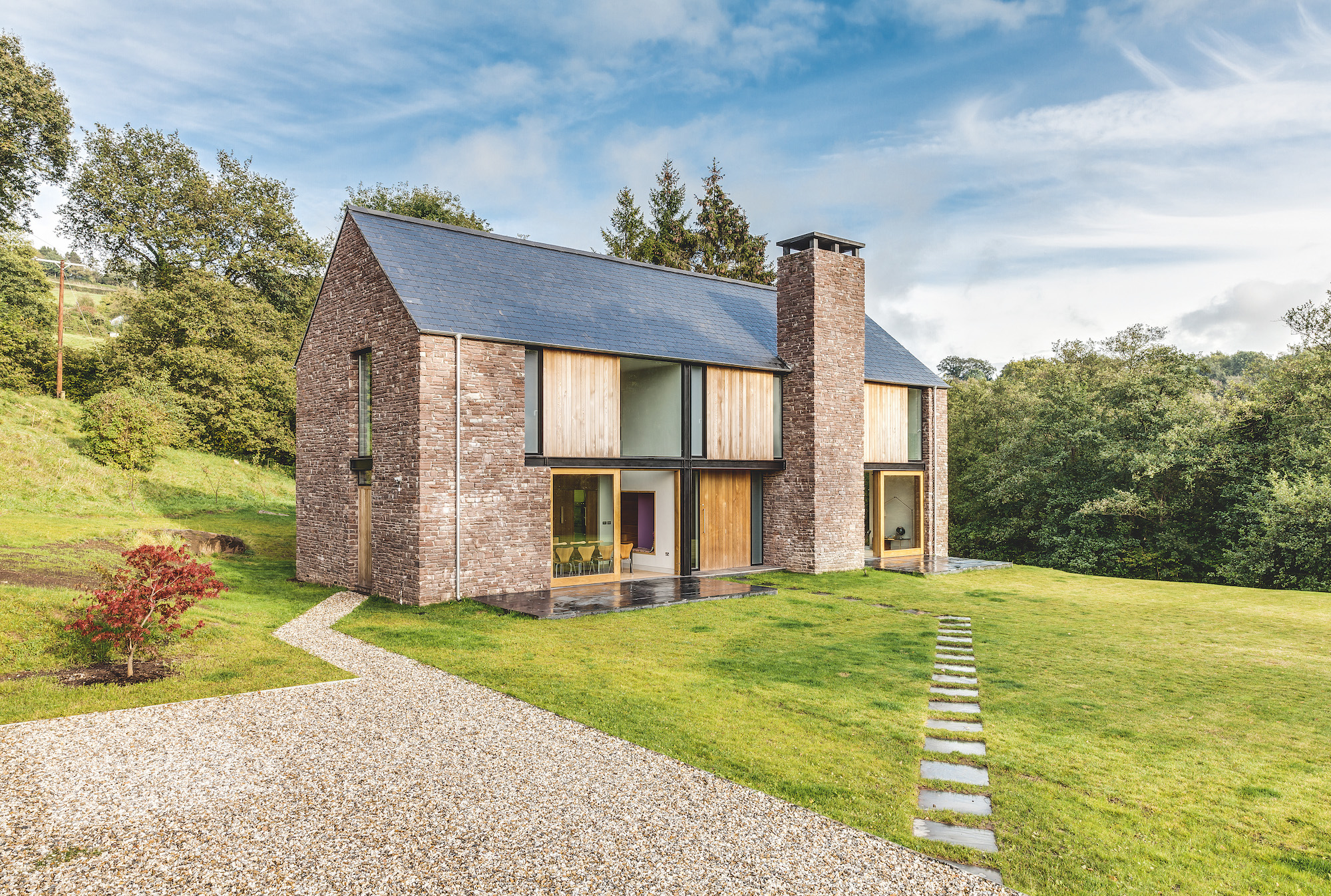
Try not to obstruct the approach for foot-traffic to your home by having your driveway right outside your front door, but positioned to one side of the entryway so there is room for a car door to be opened. This will ensure the home's first impression is unimpeded while still remaining practical.
Equally, if your driveway is situated down the side of the house or a small distance away, as in the example above by Hall and Bednarczyk Architects, ensure a distinct path towards the entryway is clear for first-time visitors and is accessible when residents are burdened with shopping bags and other belongings.
Ingeniously, the architects designed their front garden ideas to have two pathways: one, with delicate stepping stones towards the striking front door for guests and another, shorter access point using the same gravel as the driveway, towards the side entrance.
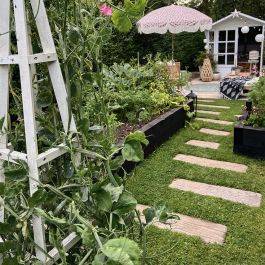
Try laying this railway sleeper stones across your front lawn to provide a simple but stylish pathway from your driveway to front door
5. Deal with water by using porous materials or linear drainage solutions
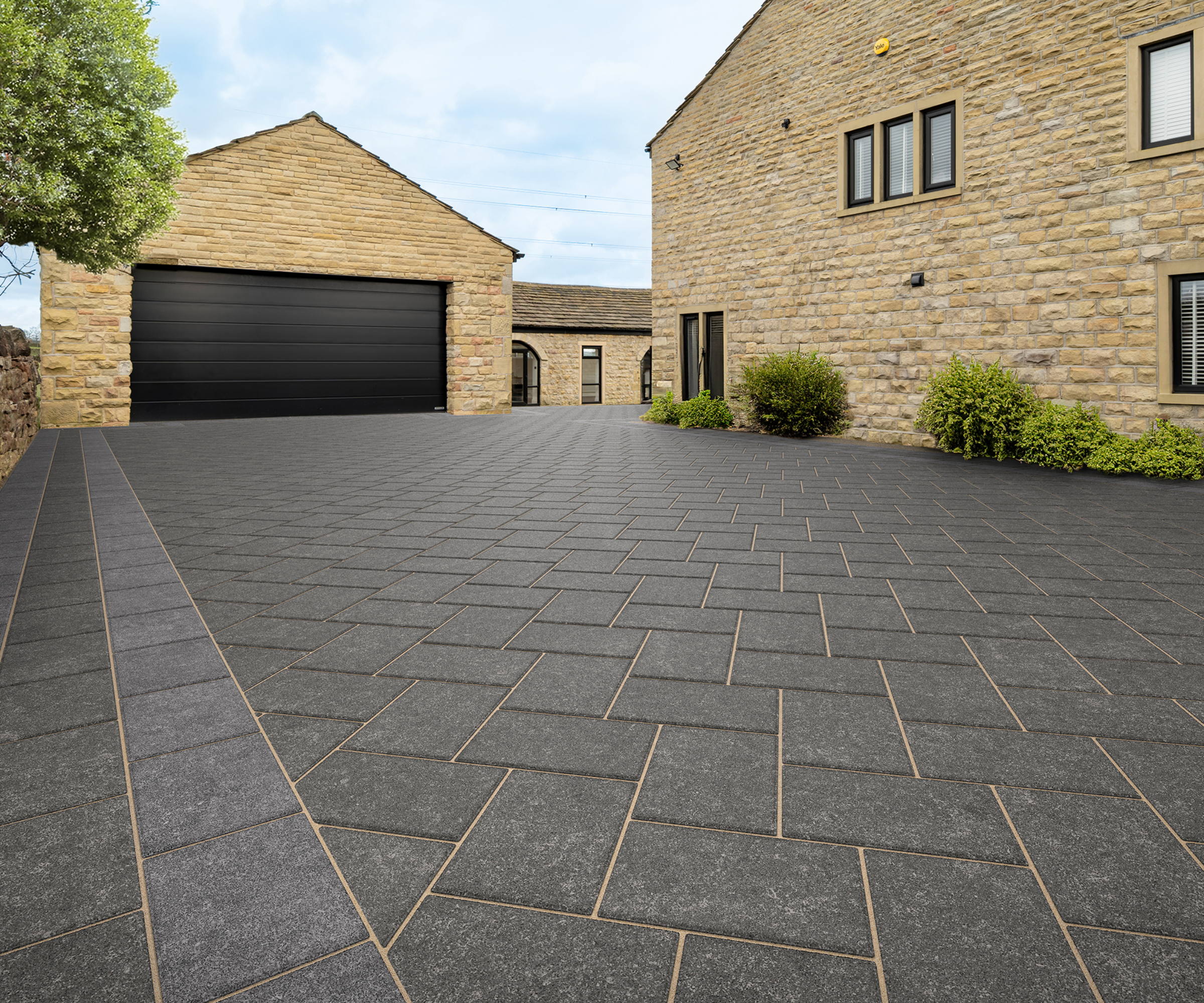
“Over recent years of climate change we have seen increased flooding," begins Mick Haley of The Gentleman Architect. "Government legislation introduced in 2008 aims to minimise any additional load on the existing sewerage drainage systems already in place.”
The key regulations you need comply with are laid out in SuDS (Sustainable Drainage Systems 2008), but in short, planning permission for driveways is required if any non-porous hard surface covers more than 5m2 between the front of a house and the highway. If a porous or permeable material is used such as block pavers, planning consent is not required.
If you're set on using a non-permeable surface, you will require adequate drainage, such as incorporating a drain outlet to a soakaway.
“A soakaway is essentially a large underground pit filled with gravel that allows for better drainage. However, it must be positioned well away from the foundations ideally 5m from the house itself and 2.5m from the boundary,” advises Mick Haley.
"Traditionally, soakaways could ruin the aesthetics of the driveway," adds Anna Hampshire. "However, new linear drainage solutions provide a more subtle option that helps comply with legislation while being simple to install and easy on the eye.
"Generally manufactured from concrete in popular driveway paving shades, these new drainage systems integrate into block paving," explains Anna, "giving an almost seamless finish that's easy to access and maintain."
6. Up your security levels with a gravel driveway
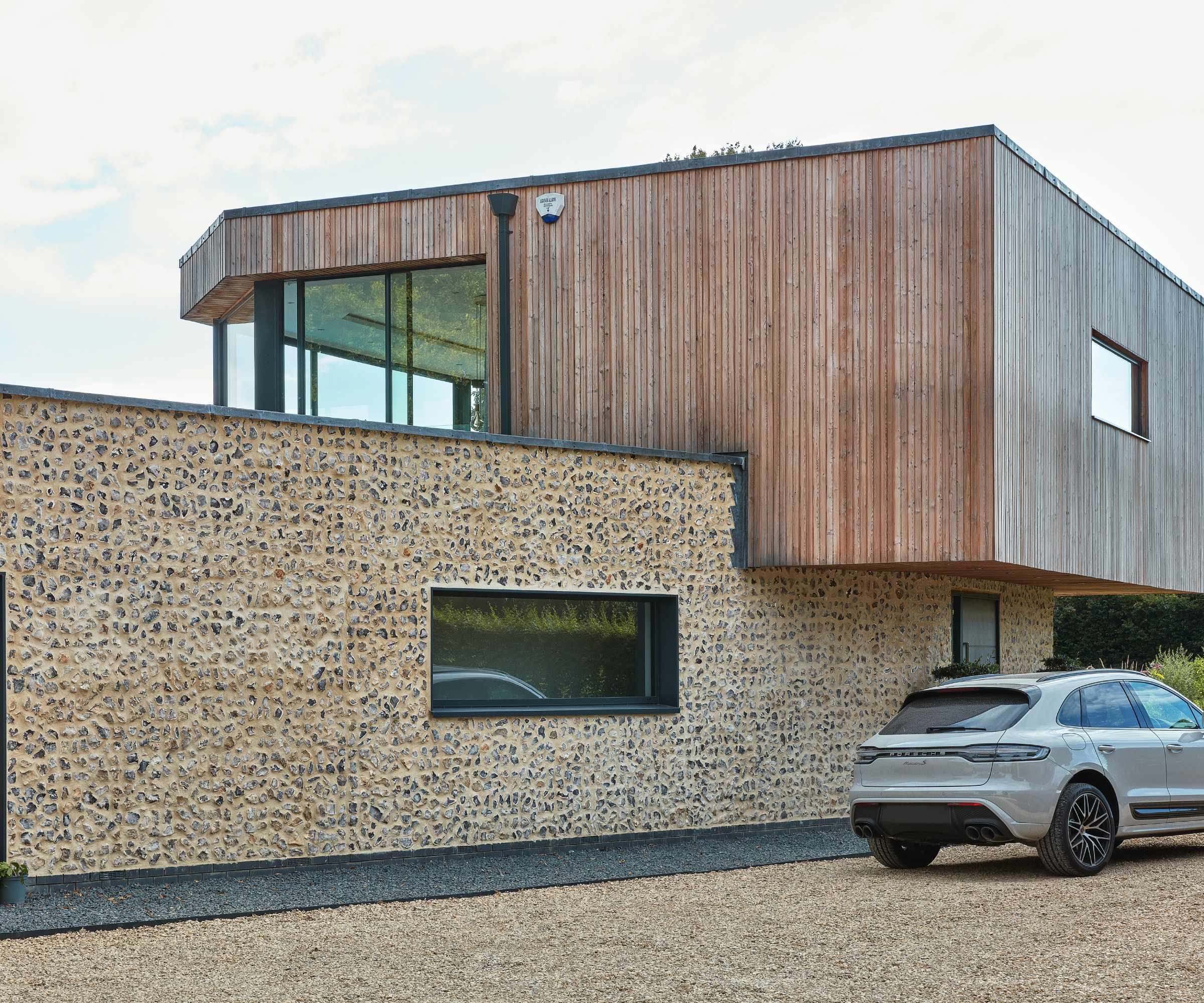
Home security is an essential part of any home design and a well-planned driveway certainly plays its part in this. Noisy materials like gravel or tumbled stone are useful in alerting residents of unwanted guests, while outdoor wall lights with sensors are great for deterring intruders from afar.
Gravel is also a cost-effective material, meaning it can aid with keeping your budget down when considering driveway costs, and handy if you've invested your main budget into stunning contemporary house design ideas.
Here, a gravel driveway idea matches the shade of the stone wall in this contemporary house idea while providing a good sound indicator of the arrival of any wanted, or unwanted guests.
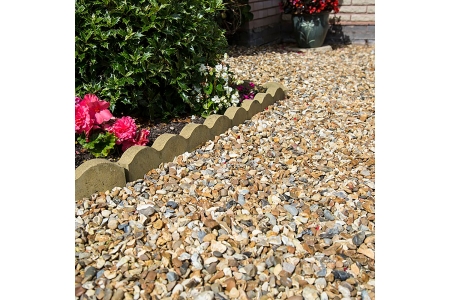
This bulk bag of gravel is suitable for driveways as well as areas that will be walked on such as pathways and patios
7. Consider your drive as part of your landscape design
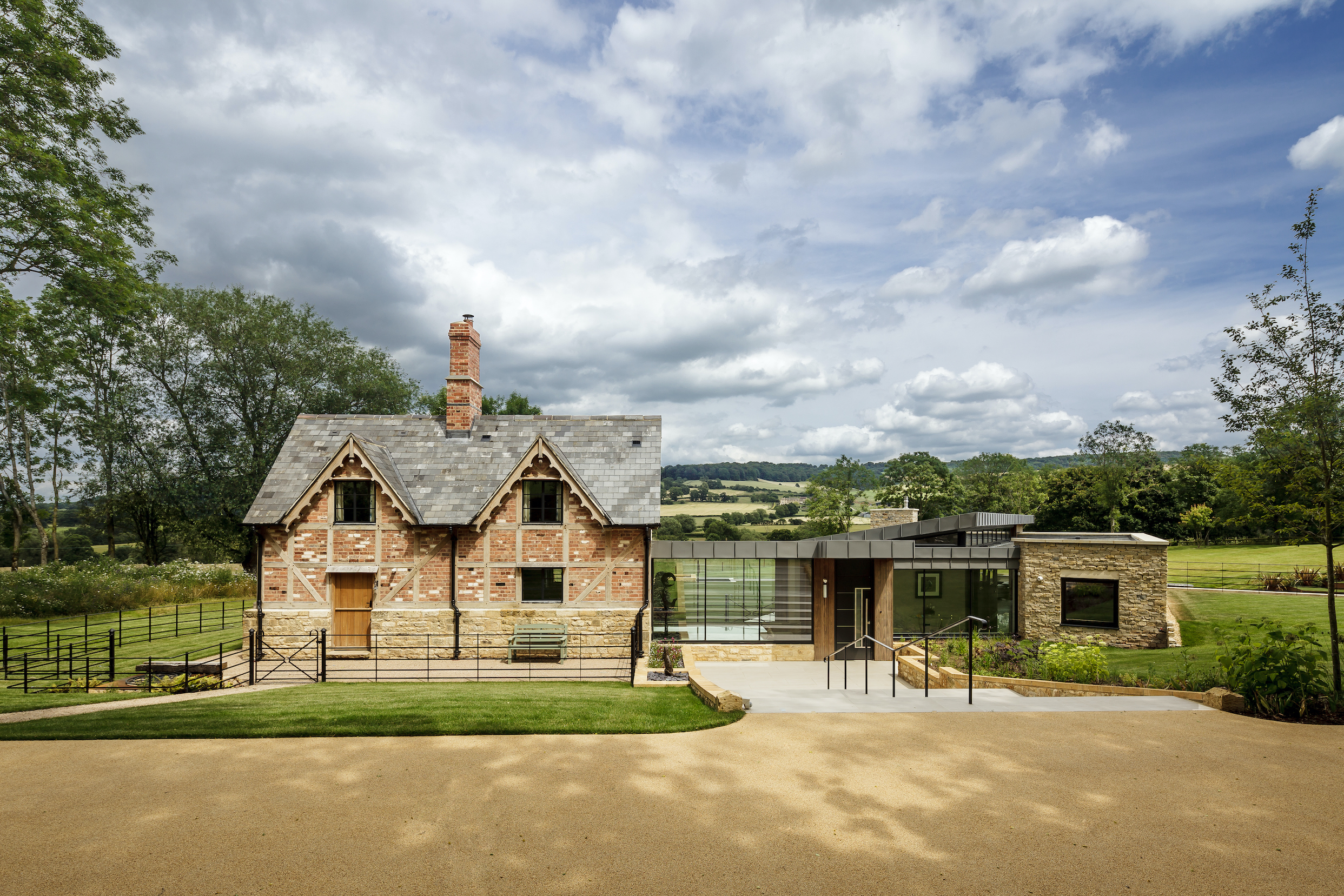
Combining driveway and front garden ideas is a sure-fire way to achieve a well-considered and elegant finish, as well as keeping bio-diversity at the forefront of home design.
As drives are not known for their glamour, elevate the surrounding areas with planted beds, an impressive transition pathway towards the front door, or grasses. This will add a different dimension to the outdoor approach and prevent the design being dull or one-note – it is also very achievable for those looking for cheap driveway ideas.
This subterranean extended home in the countryside beautifully blends the yellow hues of the large resin-bound driveway into the pathway's Cotswold stone edging which lines the carefully curated beds to the right.
8. Match your driveway materials to your house render
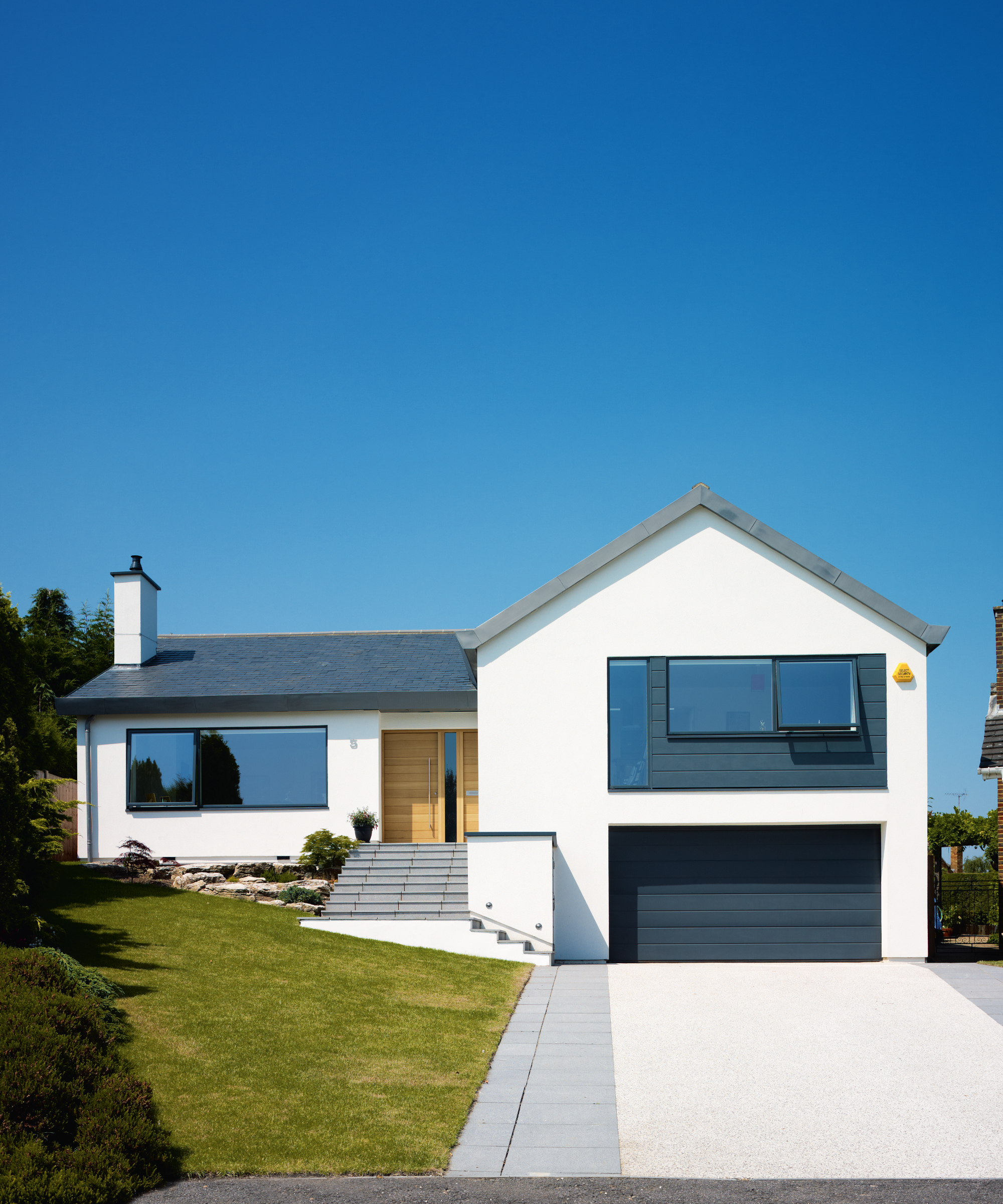
For your driveway to sit well alongside the style of your house and to actively enhance its features and architectural form, you need to consider the two together. Sometimes this can mean using driveway materials that mirror those used to clad your home, while on other occasions it can work better to ensure that the shape of the drive reflects that of the property it fronts.
Here, the same very contemporary, crisp white rendered exterior of the house has been replicated within the driveway design to ensure that the whole look is one that is minimalist and fuss free.
9. Integrate your driveway with its surroundings
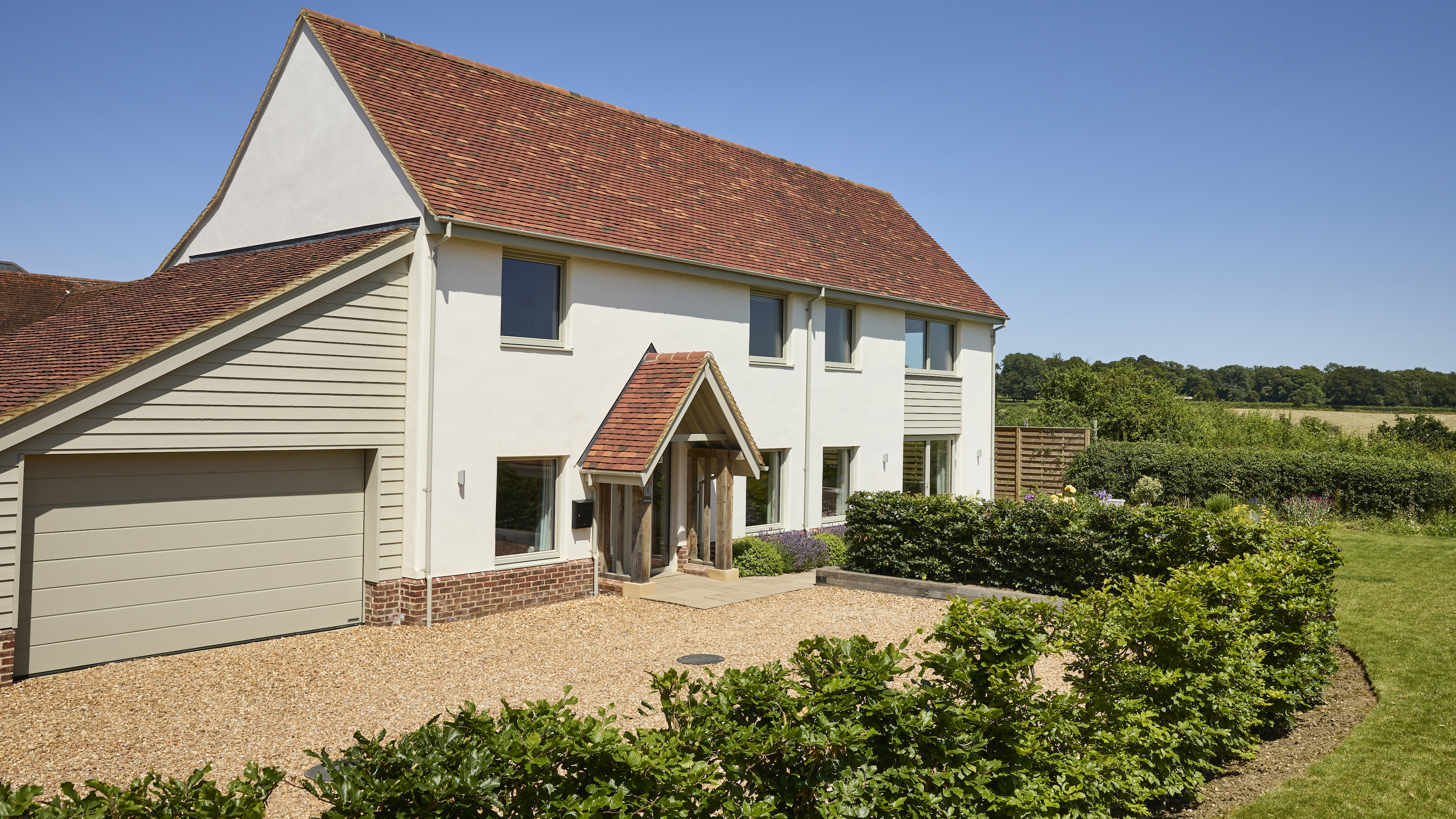
“In most cases the driveway is the entrance to your home so it’s nice to be able to do what you can to brighten them up a bit," explains Chris Bonnett founder of Gardening Express.
The best driveway materials will be available in a range of colour palettes so you can customise your approach to the house style and materials.
“Driveways are often pretty dull so it’s always nice to add some garden borders and this can be done no matter the size of your driveway," Chris continues. "Of course what you incorporate into these will depend on the space you have. Try not to make it too overcrowded, space everything out and go for airy plants like the Verbena Bonariensis.
“If you feel like borders aren’t an option, planters near the house look smart too – go for minimalist topiary plants like swanky Buxus Pyramids or Lollipop Bay trees in sleek modern plants or perhaps a floral fantasia of colourful bedding plants.”
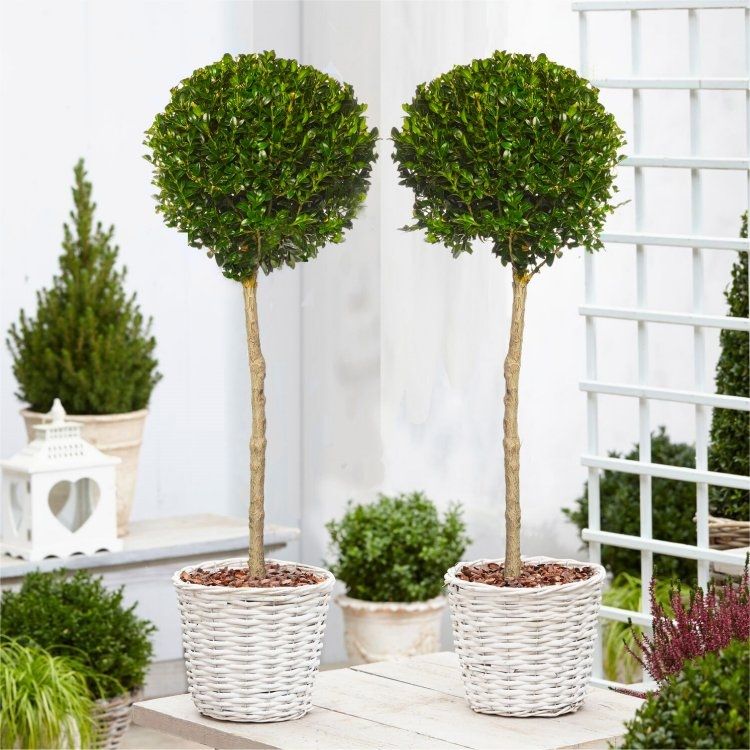
Pick up a few pairs of lollipop trees to line your driveway or use them to mark the entrance to your home from your drive
10. Ensure your driveway provides access to the garage
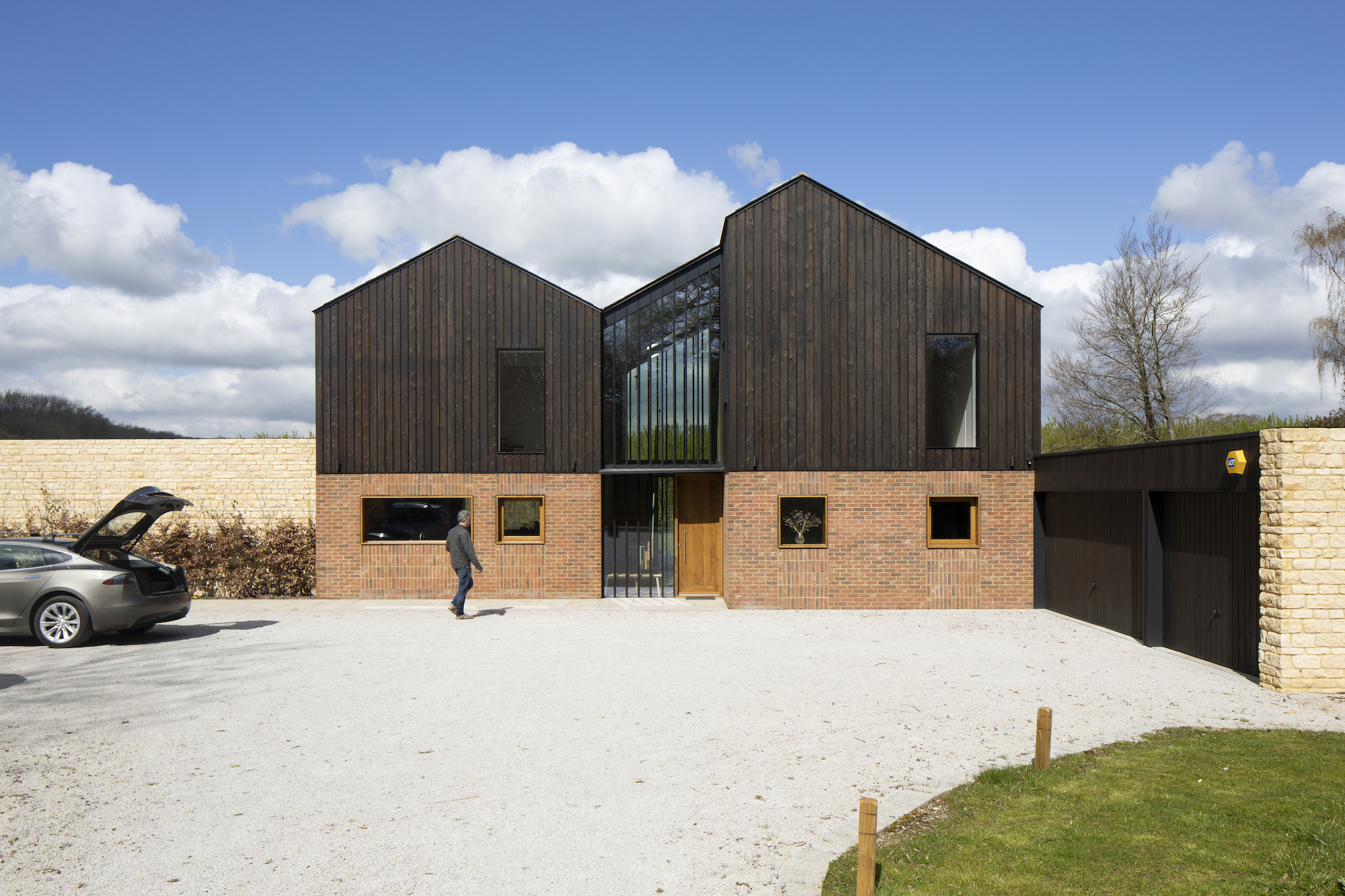
These days, garages are seldom used to store cars due to modern vehicles' ever-expanding sizes, but we all know the frustration of a car parked directly in front of a garage door when you want to open it.
If your garage design has the purpose of maximising storage options, try to reduce awkward manoeuvres by ensuring a decent radius in your driveway that doesn't block access.
And, with all new dwellings now legally required to be capable of charging an electric car at home, don't forget to take potential changing infrastructure into consideration before installing a new driveway, as new wiring may have to be channelled underground to the chosen charging point or garage.
11. Add a pathway with kerb edging to prevent your cars getting too close
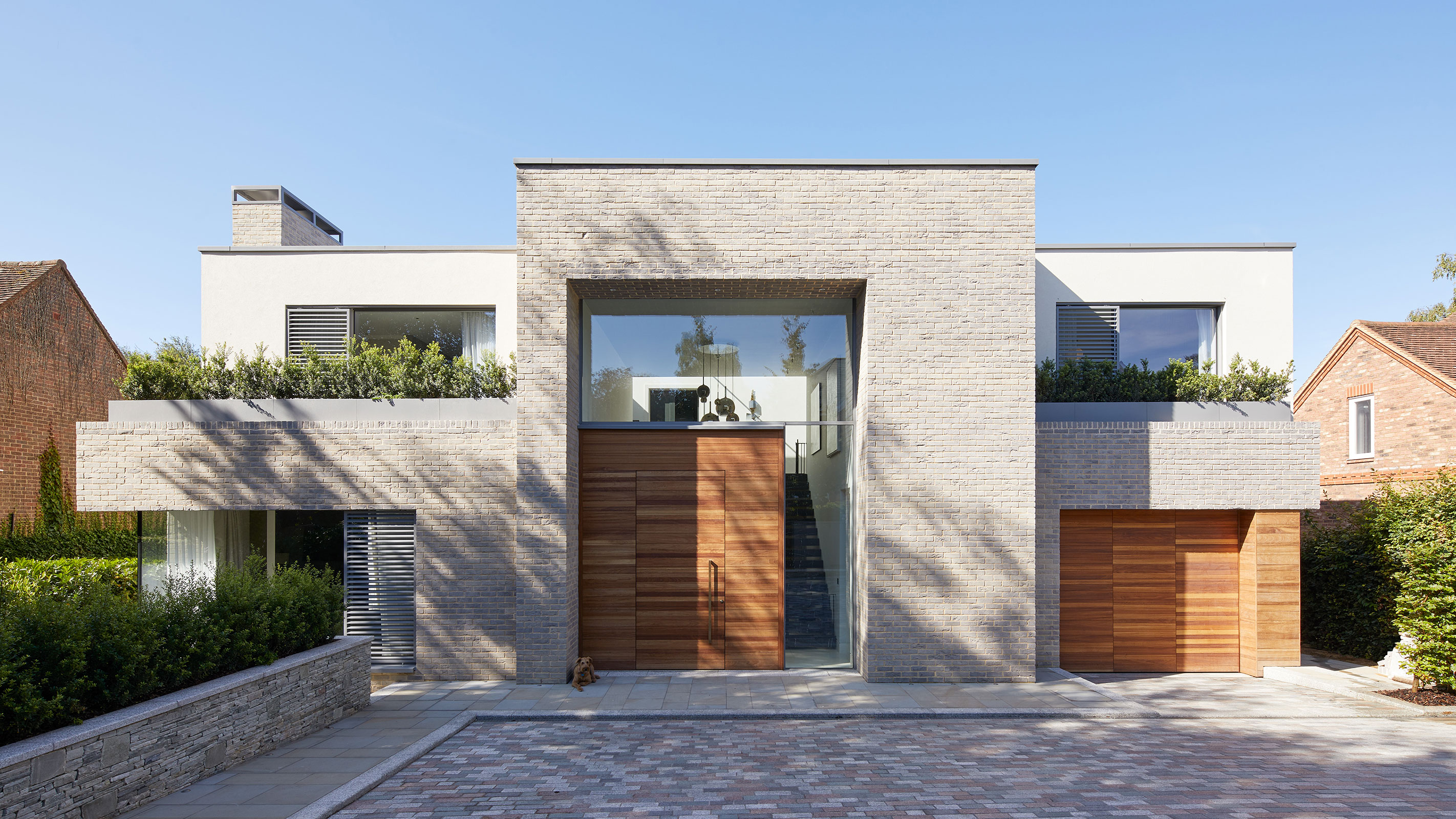
If your choice of driveway materials has been selected to match the exterior finishes of your home, it can be harder to define where driveways end and paths or porches begin.
A simple kerb edging can provide both a visual and physical solution by creating a subtle barrier that your cars tyres will feel the impact of if they get too close.
Not sure what colour to choose for your driveway? Follow the lead of this house which, according to research from Marshalls, uses the most popular one.
"The design and colour of a driveway play a crucial role in shaping people’s first impressions of a home. Our research shows that grey is the most desired driveway colour (30%), followed closely by lighter and natural tones (26%)," says Anna Hampshire. "This trend aligns with the growing preference for neutral and contemporary colours for hard landscaping, which provide a sophisticated and timeless appearance."
12. Keep it low-maintenance with a resin driveway
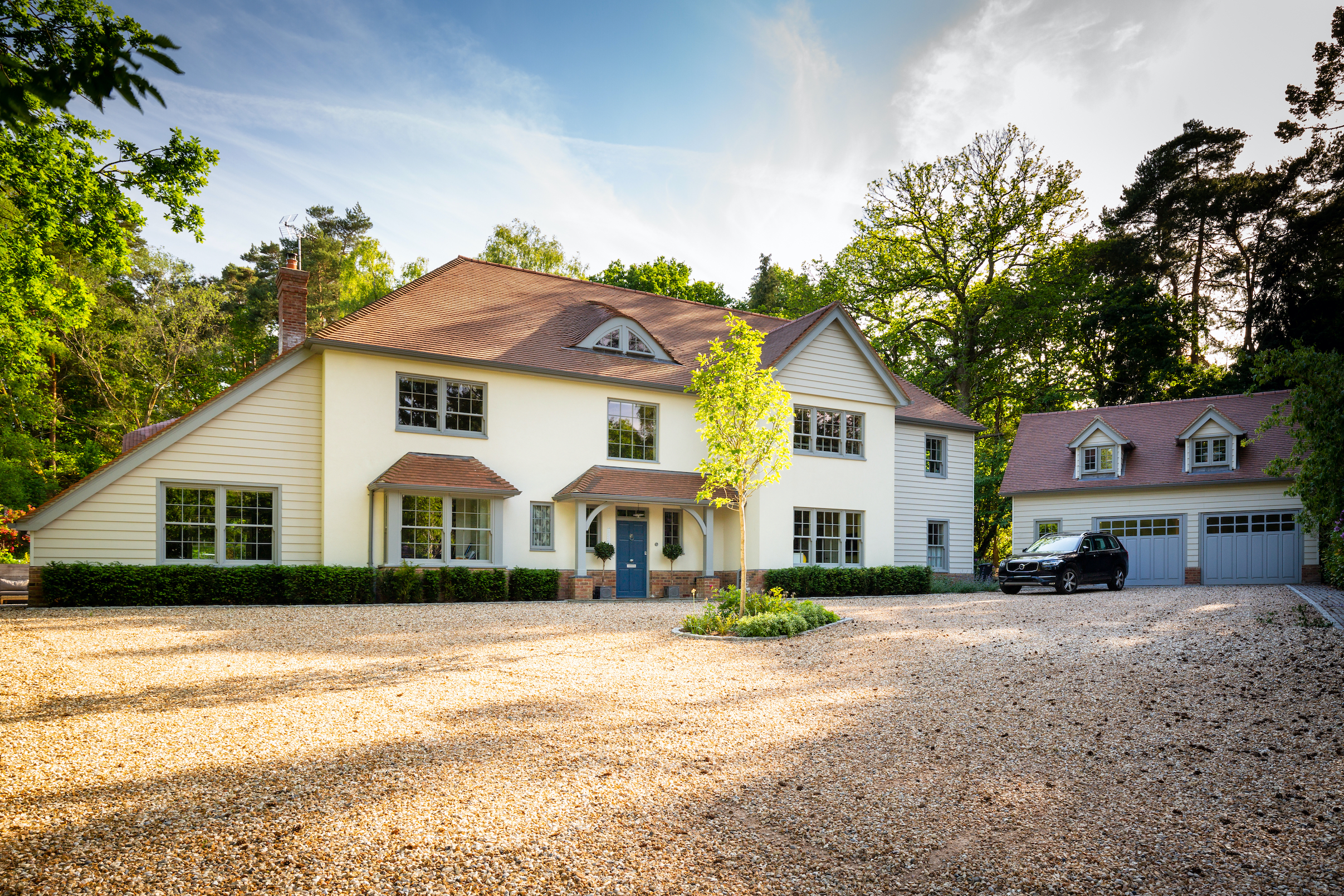
The resin bound driveway of this self build provides a gravel like appearance but a low maintenance solution for driveway ideas.
One of the benefits of using resin is its fast installation time, which can be useful when dealing with a large area, such as this one. Find out what you can expect to pay for a finish like this in our guide to resin driveway costs.
13. Opt for a neat and simple solution in small driveway ideas
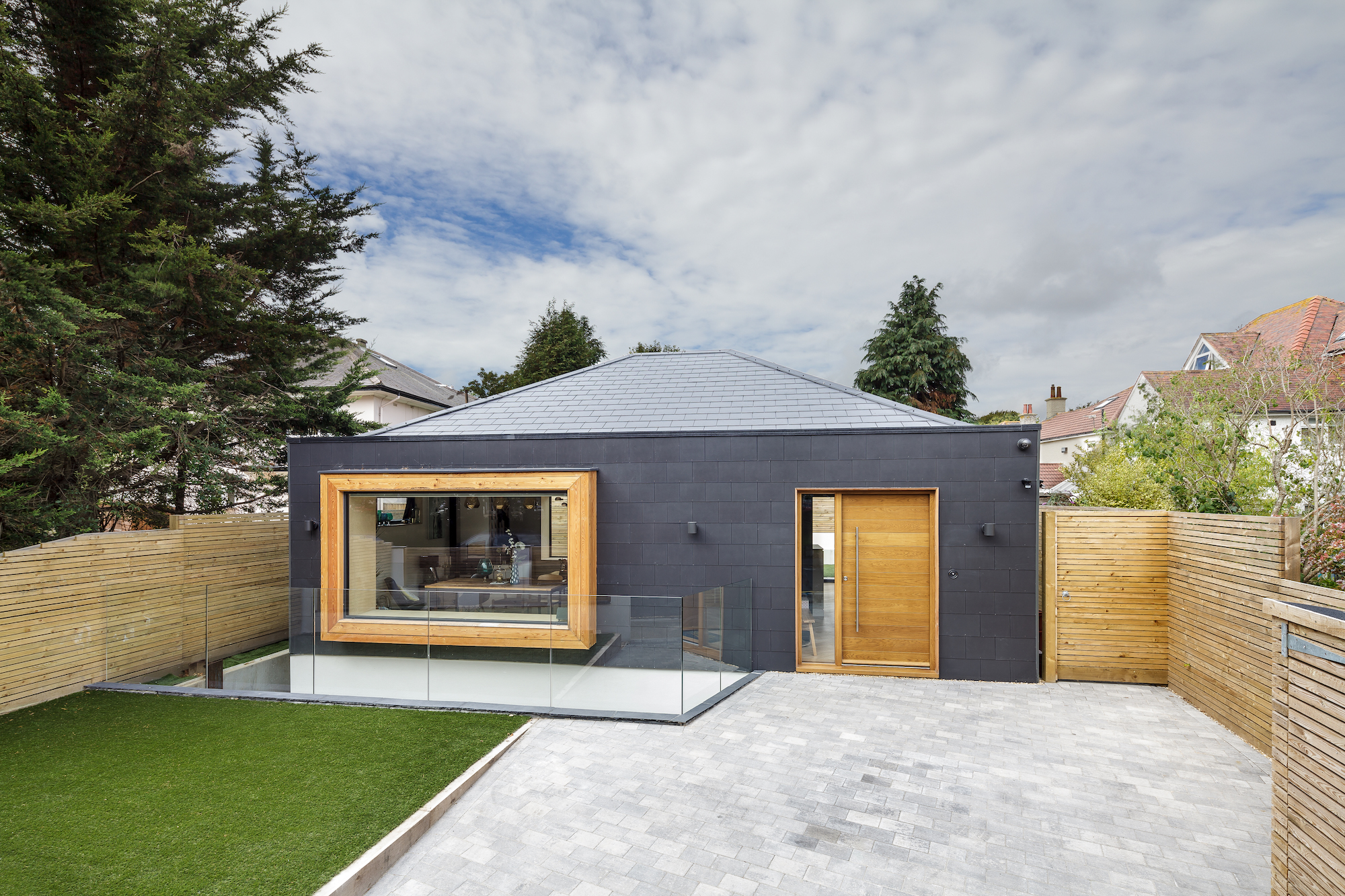
While it is tempting where space is limited to pave over the entire front area to make way for more cars, allowing greenery to establish itself, especially in a city environment, is a responsibility we all must consider.
“The front of your house should be treated just as thoughtfully as the rest," says Odie Green of Odie Green Garden Design. "Consider a simple lawn to soften the space and think about storage for the mundane everyday things like bins, which are space hungry and generally quite ugly."
This subterranean self build was built on the site of a former garage and neatly divides the compact front garden into two. The gently sloping driveway smartly complements the grey cladding of the house, while a manicured front lawn sits proudly to the side.
14. Add gates to a sweeping driveway entrance
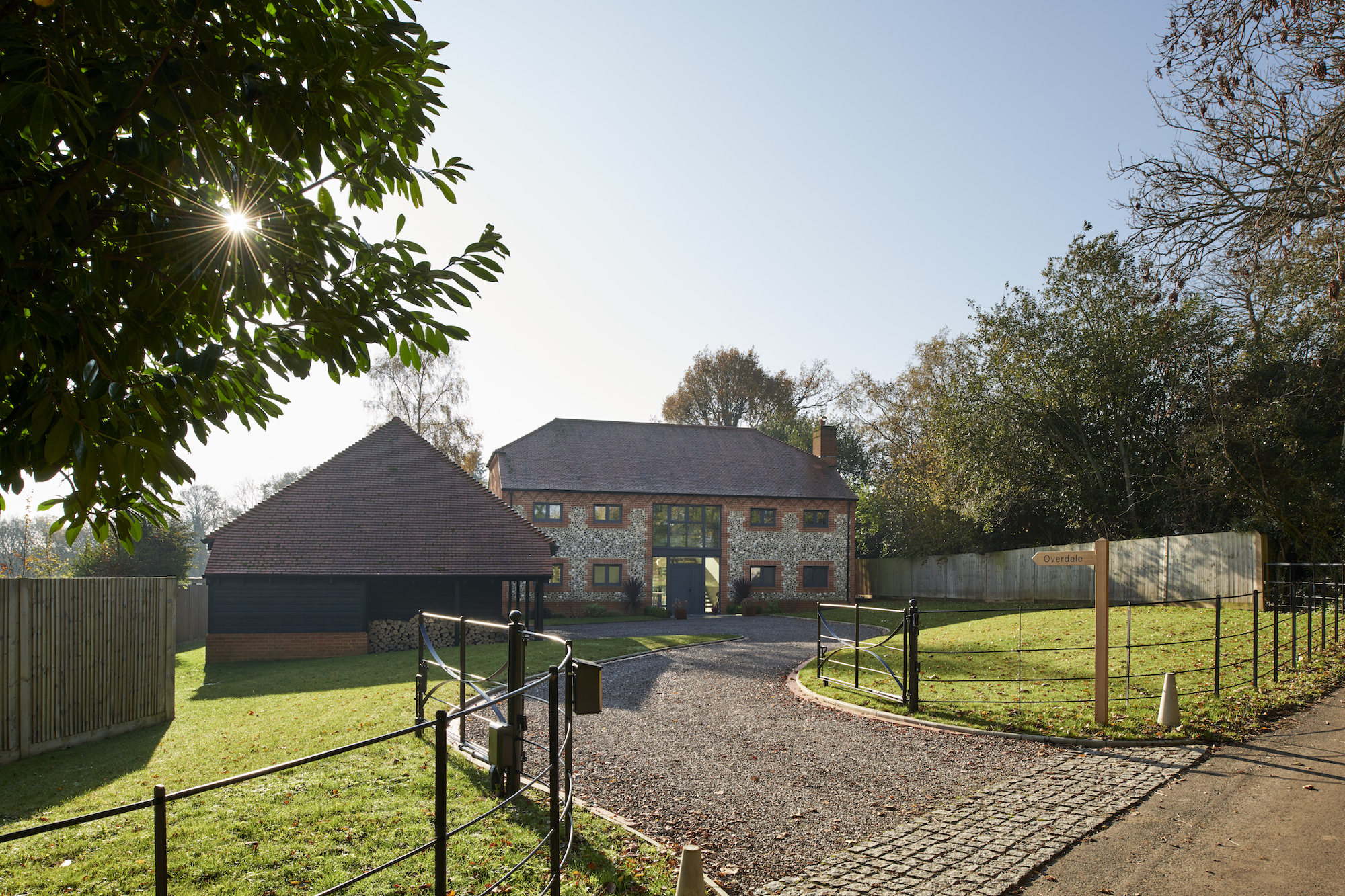
The first interaction a visitor has with your property makes a large impact, so ensuring driveway gates are well-considered and functional is essential.
You will need to evaluate if foot traffic will exit the same way as vehicles and requires a separate gate, if investing in opening automation is worthwhile, and how the gates will influence the home's exterior appearance (ie. will solid timber contrast with a classic brick or is a picket-style gate a more fitting choice?).
This traditional sweeping driveway also features a rumble strip after the steel-gated entrance so when cars exit any rogue gravel or stones drop off and can be swept back to the drive. The overall entrance design is undeniably sophisticated despite all elements being very cost-effective.
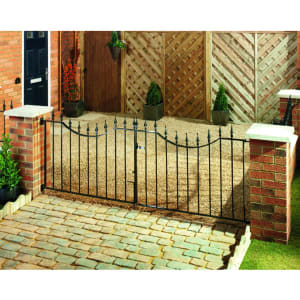
Add an extra layer of style and security with a set of driveway gates such as these simple black steel gates from Wickes
15. Illuminate any dark spots with driveway lighting
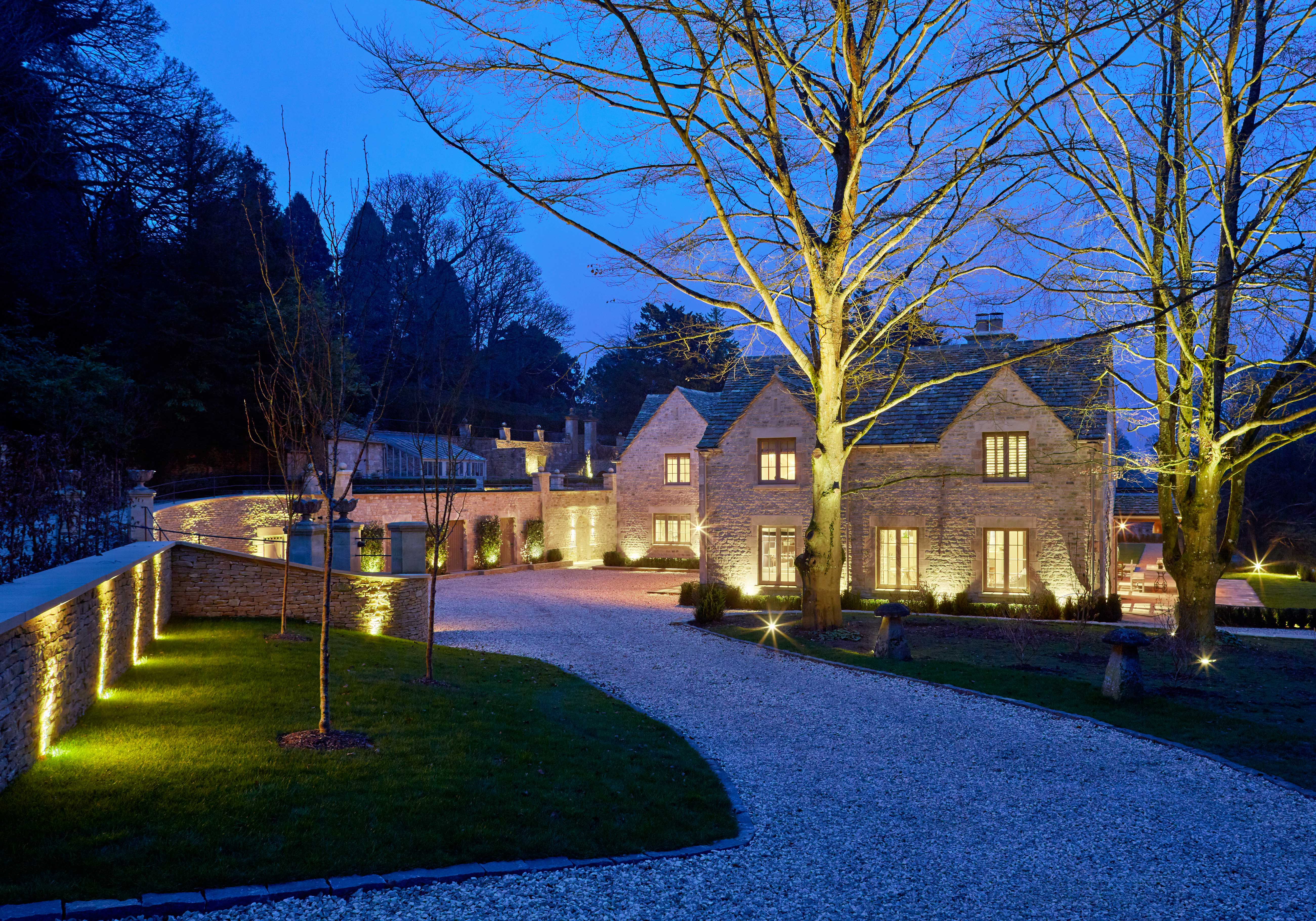
Lighting up an outdoor area like a driveway is paramount for security, safety and, of course, aesthetic reasons.
Consider installing garden solar lights with motion sensors so they will illuminate your homecoming and create a welcome to visitors. LED strip lighting is also invaluable driveway lighting idea to prevent rogue tire marks on lawns from guests unfamiliar with the layout.
If you're undergoing new driveway as part of a larger renovation or extension project, try to factor this in when talking with your electrician from the start of your lighting design. It will be quicker and simpler to provide an overall quote and plan the requirements for the entire circuit accordingly.
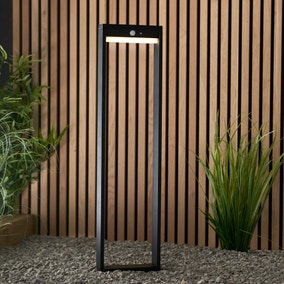
Using solar lights along the length of your driveway will provide a warm welcome whenever you or your guests arrive or depart
16. Use a patio to help create a transition between driveway and home
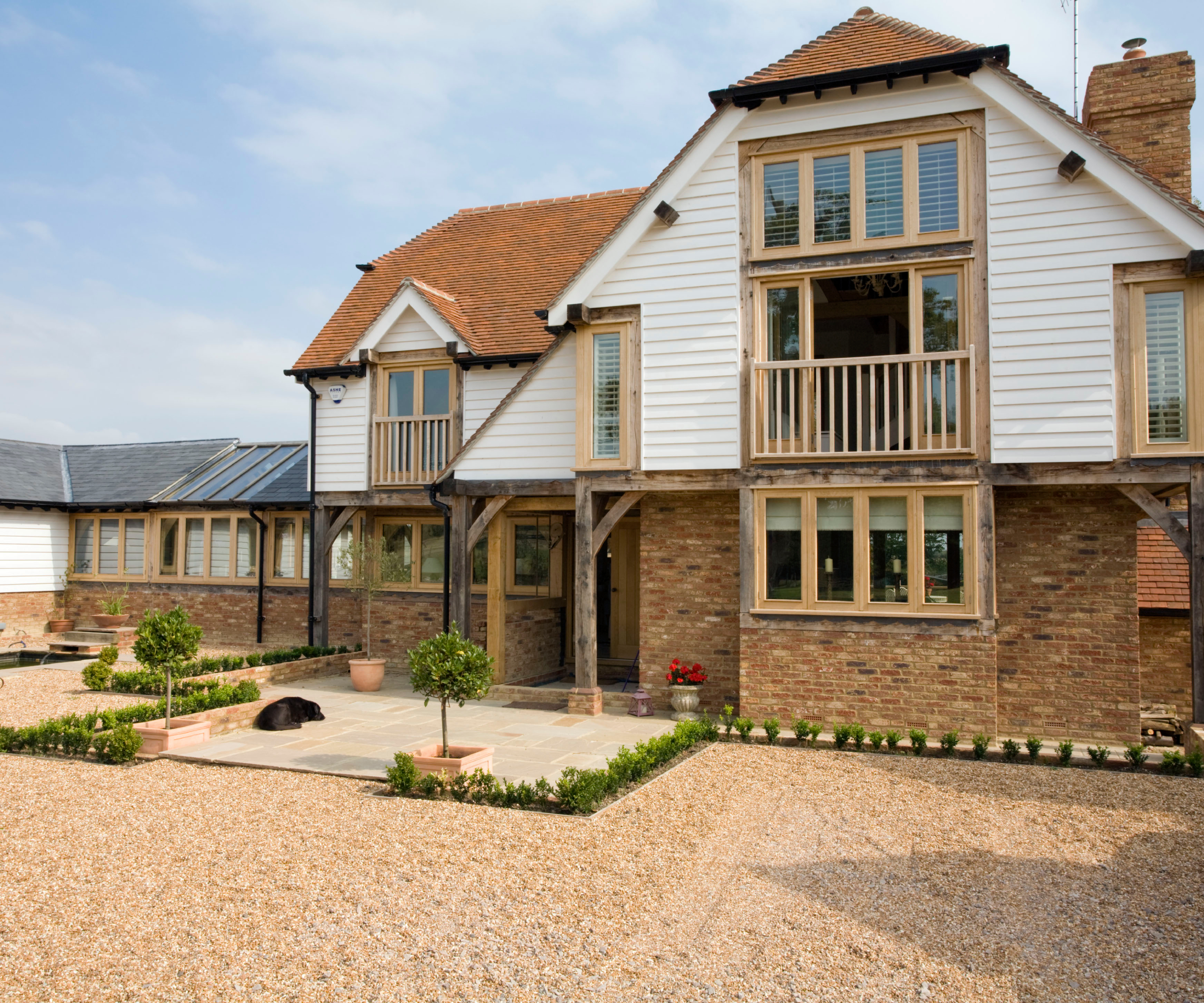
Great entrance design ideas are all about ensuring the house and driveway work in harmony together.
"One of the most important aspects of driveway design will be materials," says award-winning architectural designer Pete Tonks. "By its very nature, your driveway will be a key element both in terms of visual appeal and proportions. You will want to use the best driveway materials that complement and enhance those incorporated into your build or conversion."
Here, the unusual pale brick cladding of the house and the light grey shade used for the garage door have been picked up on through the sandy block paving that makes up the driveway.
17. Factor in visibility splays for new driveways
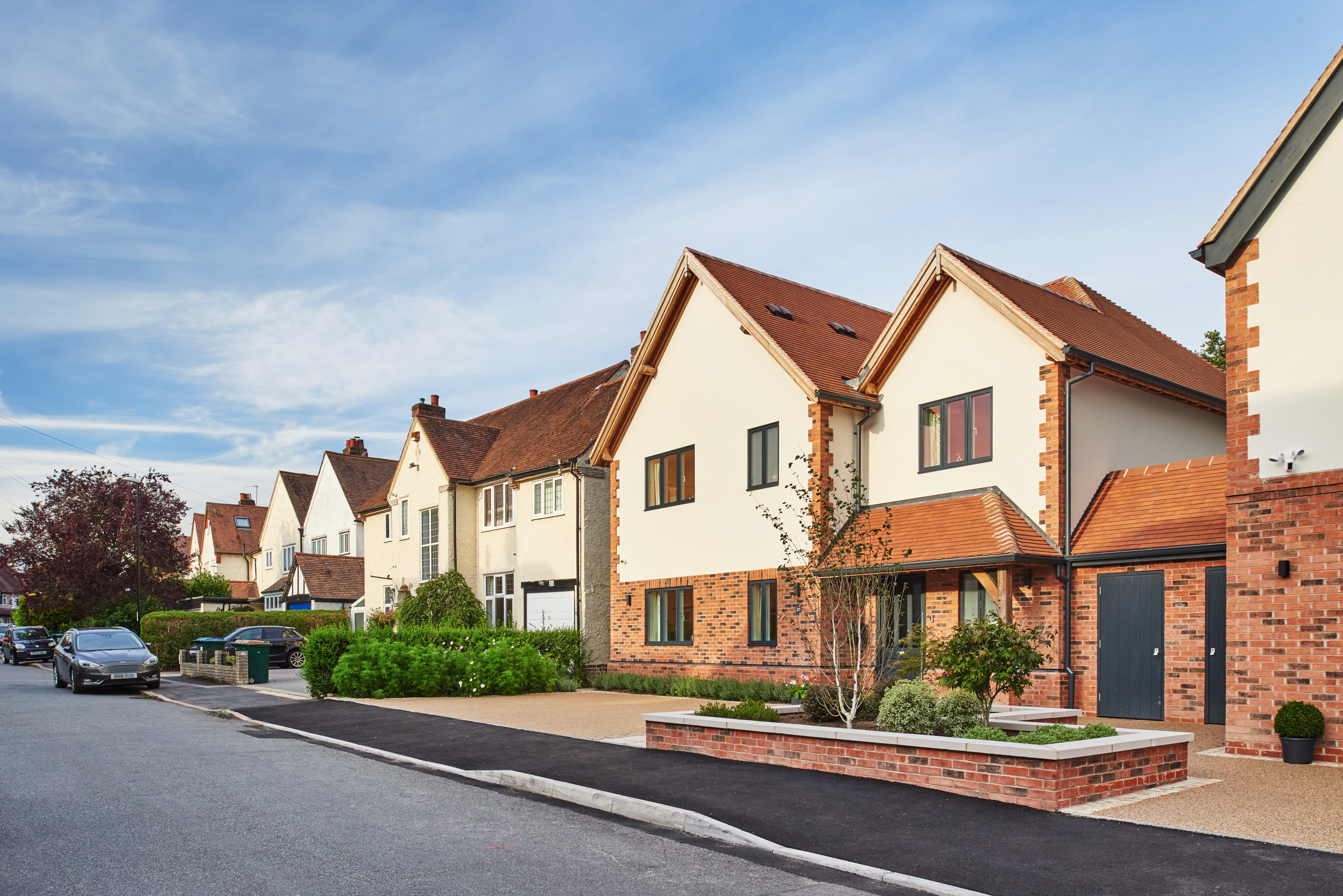
Visibility splays may be required for safety reasons if drivers need to see clearly one or both ways when exiting a driveway. This could impact the design and layout of the drive's entrance and the landscaping either side (high hedges or fences may have to be dropped or removed).
While this driveway is compact, the homeowners found a place to add a raised bed to plant shrubbery and a new tree while to the left low hedges demarcate their plot from their neighbour's without reducing visibility.
Adding greenery like this in a front garden design is essential for modern housing where front gardens are disappearing – plus, they can be used to hide a soakaway to reduce the risk of surface water.
18. Think about accessibility when choosing driveway ideas
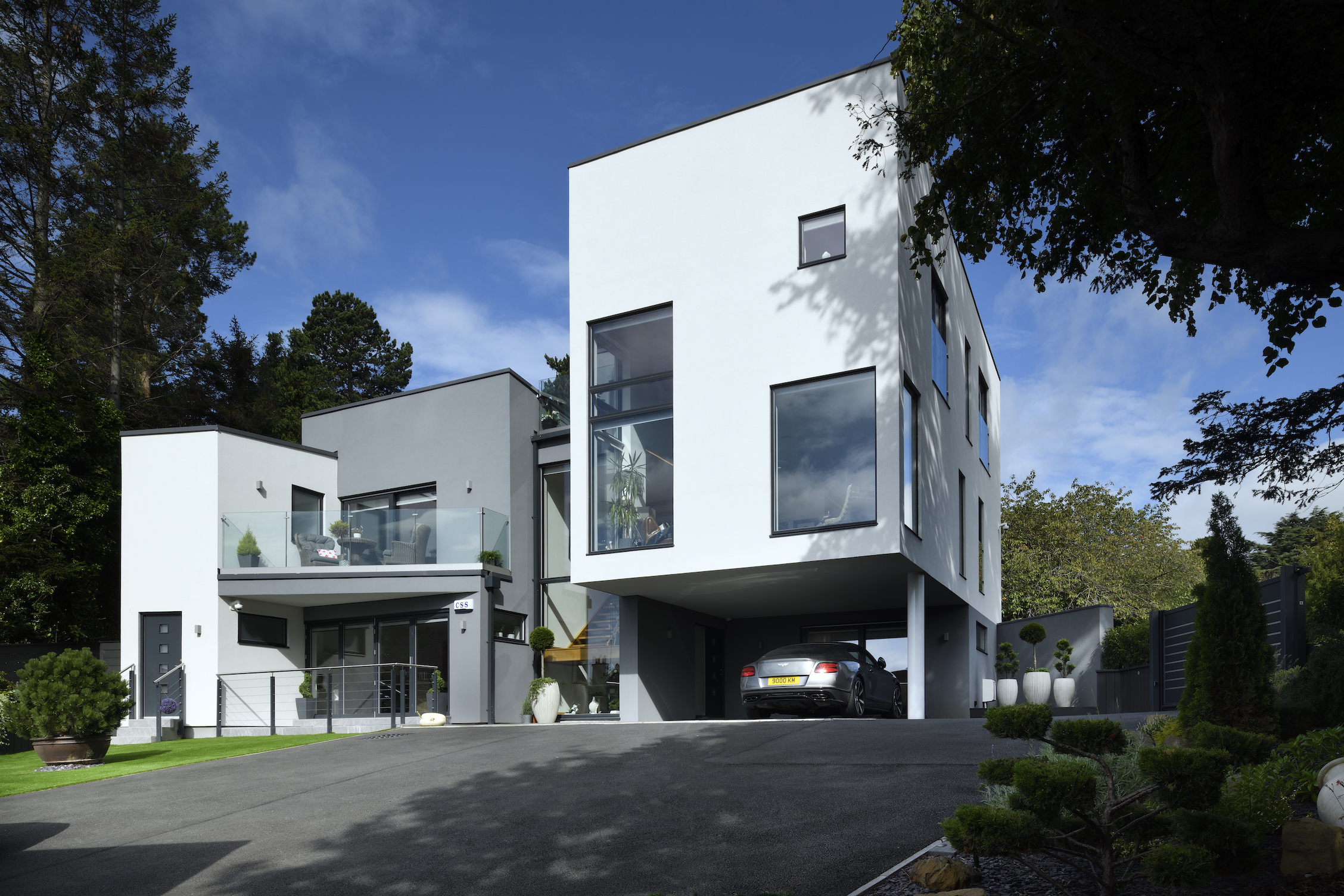
“One factor that needs to be considered at the design stage is who is going to be using the driveway – will there be a need for access for wheelchair users or people with limited mobility? Is the surface flatness useable for them?" advises Jamie Gledhill, engineering technical manager at Brett Landscaping.
"Typically, once a gradient is 1:10 or steeper, it becomes difficult for someone to be pushed in a wheelchair."
Self builders will also need to adhere to Building Regulations Part M when building a new home; this sets out the requirements for accessibility, which includes the entrance to a home.
When designing their self built lifetime home, the homeowners behind the house shown, opted to add various solutions to their plans that could make life easier as they grew older. This included a low-maintenance permeable tarmac driveway up their sloping site.
Under the cantilevered box that houses the living spaces, a carport access either the sheltered staircase or the internal lift.
19. Aim to keep driveways simple for family homes
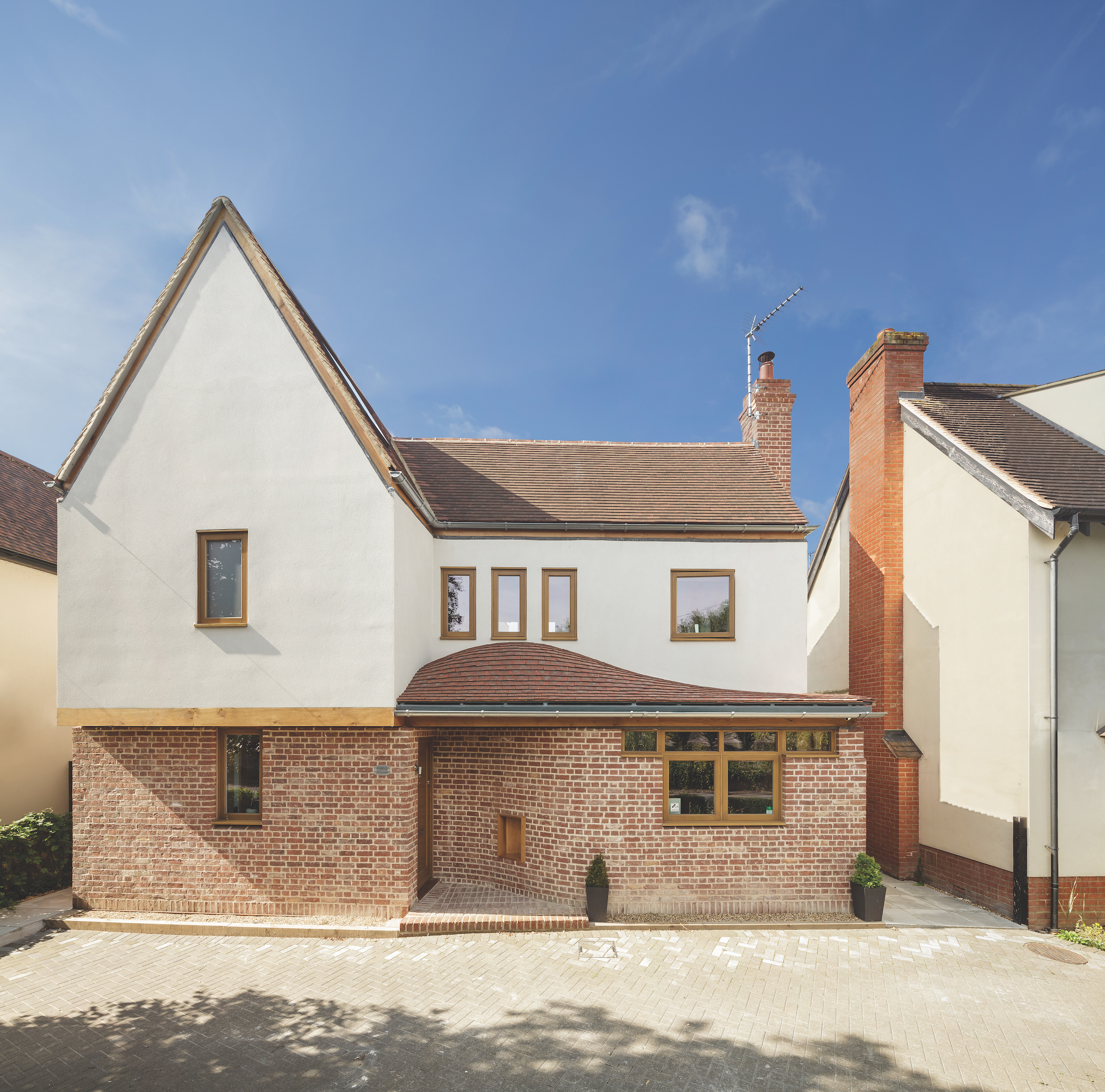
Where a small driveway has to contend with more than one car, keeping a driveway simple is often the best way forward. It's a case when less equates to more.
Permeable block pavers were chosen to create the driveway for this self built family home. Spanning the full width of the house, the driveway can hold many cars while blending seamlessly into the suburban setting.
20. Incorporate a turning circle for busy driveways
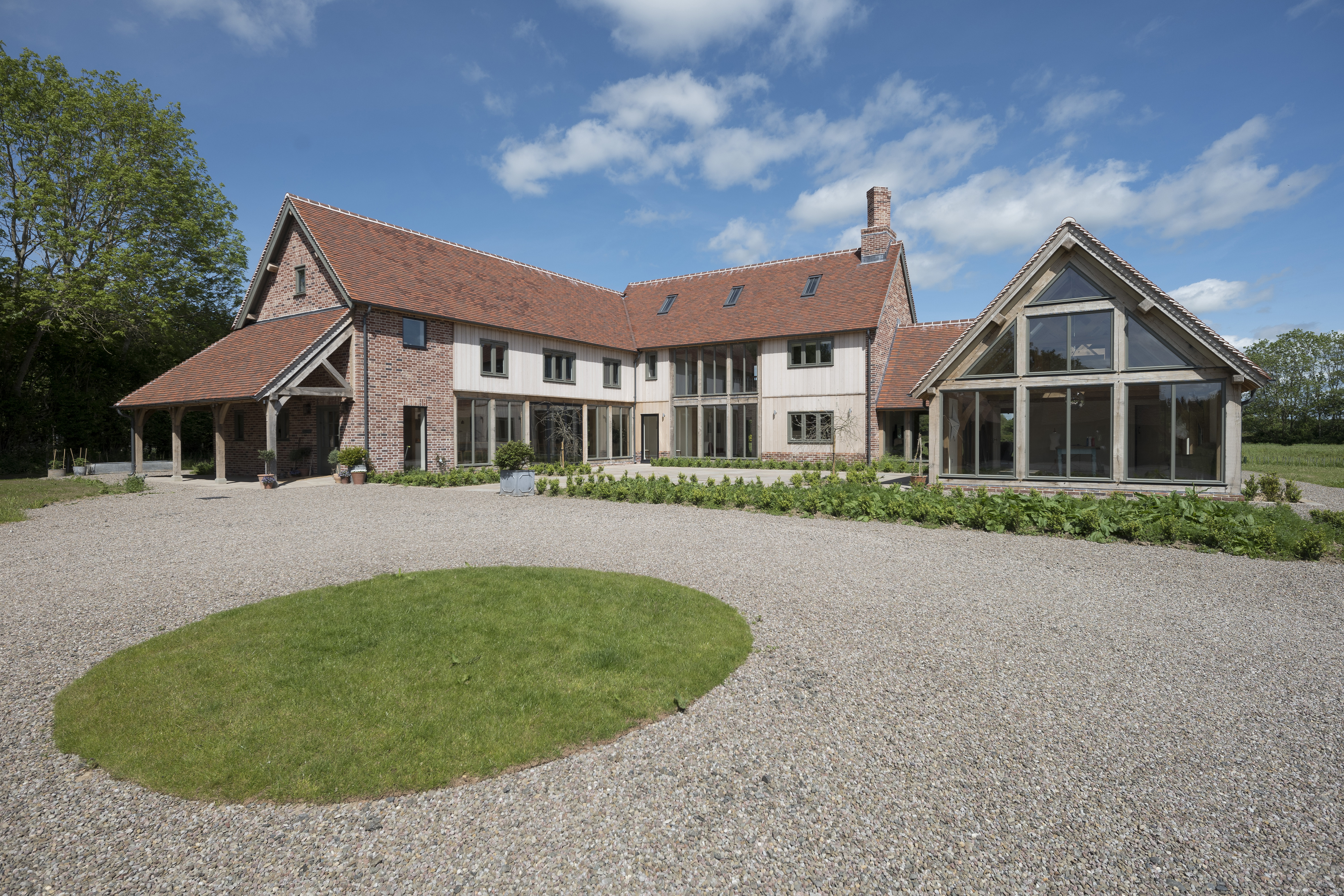
If the space can be found, turning bays are inherently useful things when designing new driveway ideas. Even small ones can be a practical addition and they can be a simple as a grassy mound for drivers to navigate around or as considered as a hardscaped raised bed.
Here, a double-width turning circle means that even if a car have been parked up, another can easily move past without causing any issues.
When planning a slightly smaller space than this, also consider the turning circumference abilities of a mid-sized car so there's no awkward maneuvering required.
21. Invest in a mechanical turntable on small driveways
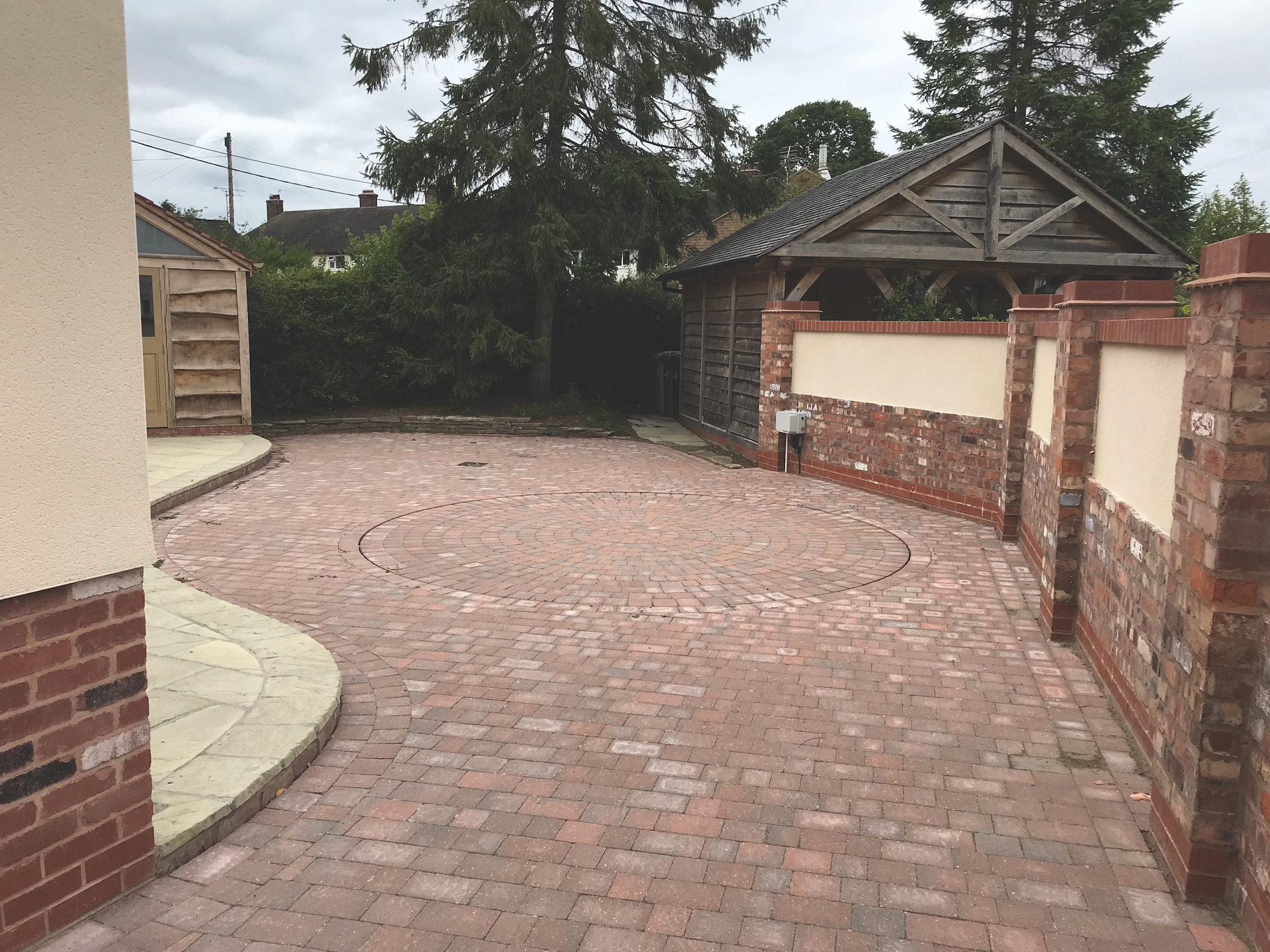
For narrow driveways which can't offer a convenient place to turn around, turntables are an incredible invention. Drivers simply park on the circle and either a motorised or manual turntable turns the car 180º so they can be simply driven off without a second thought.
With space at a premium in the current market and roads getting every busier for backing-out onto, turntables can be a great driveway idea, but be sure to talk with your electrician and groundworkers before making any decisions as the motorised mechanism will have to be wired in, buried and installed correctly.
The materials can be matched to most styles of driveway, be that permeable tarmac or block paving, for a sleek and convenient addition.
22. Consider whether a sunken driveway makes sense
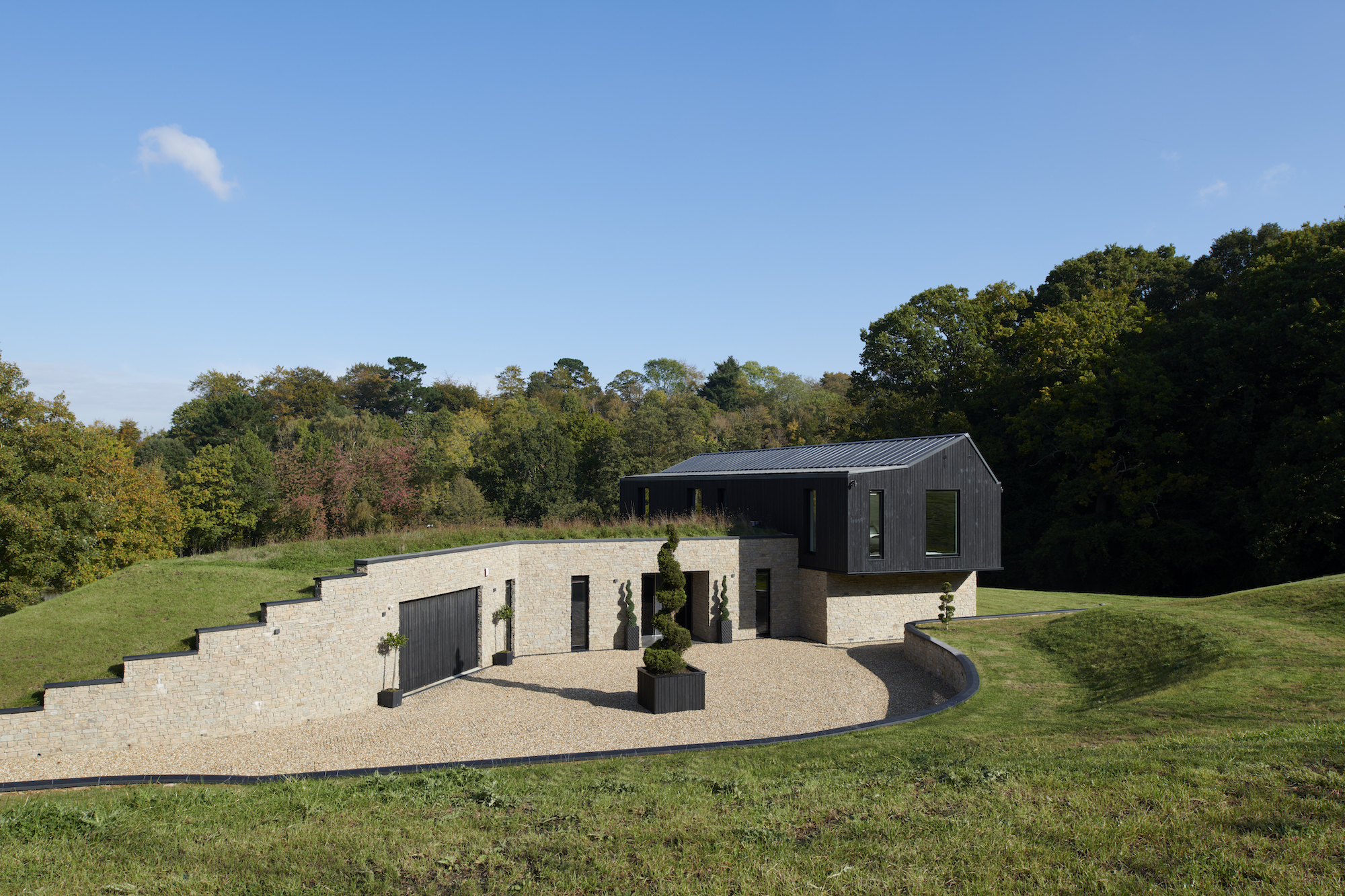
In order to camouflage this stunning self build, the homeowners chose the submerge the lower floor of the building into the landscape, along with the driveway and garage.
Not only is the effect incredibly dramatic on the approach, but also means that from afar, only the back box structure housing the bedroom is visible. Plus, the undulation on the natural hillside is countered by a smooth, level resin bound drive.
23. Create a carport driveway on a tight site
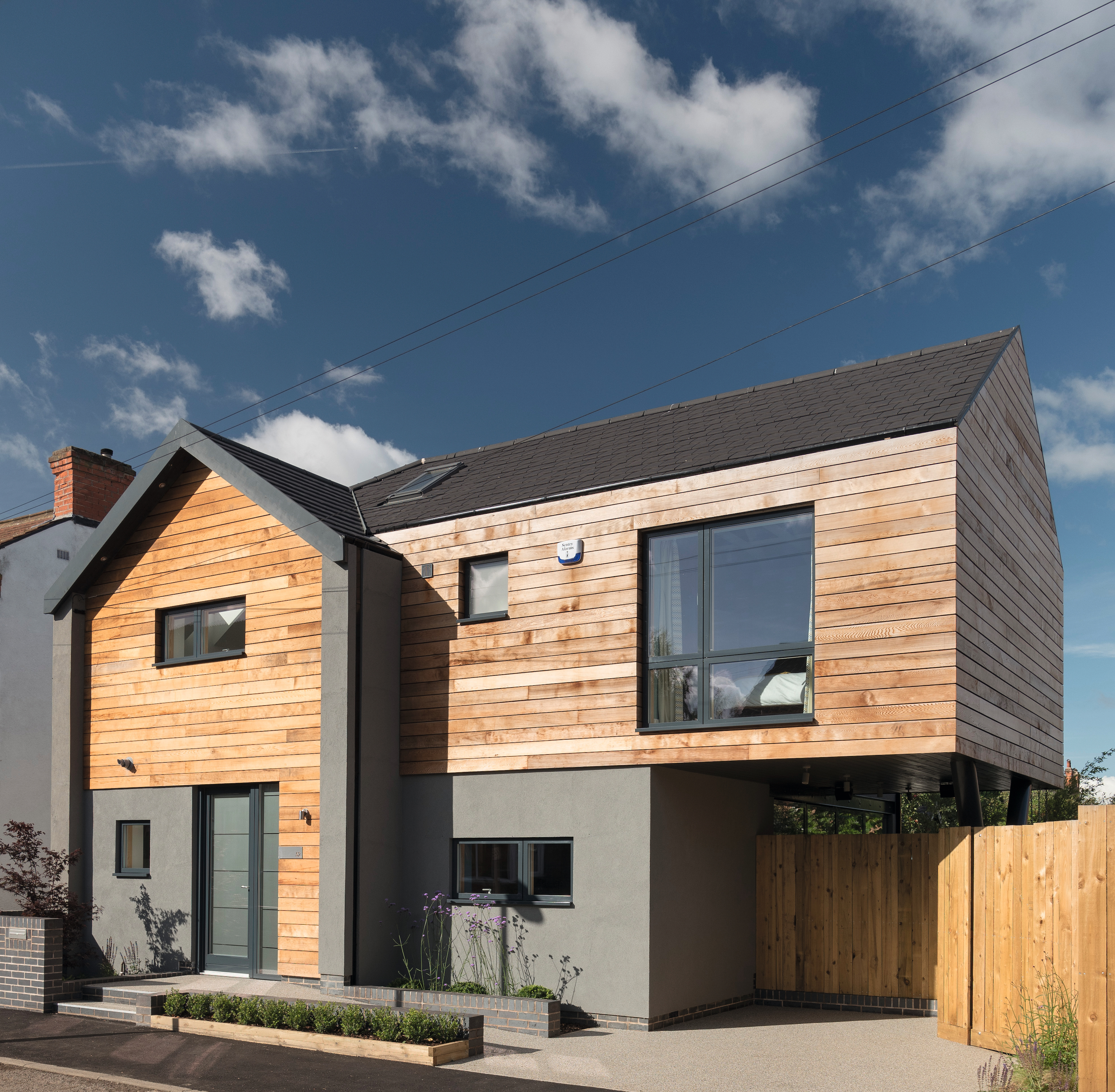
Carports are an effective way of keeping 'everything in its place' when there is little room for a garage on a driveway. No matter if you're updating an existing car port or building from scratch, try to choose long-lasting and low-maintenance materials (avoiding perspex of times gone by).
Although compact, this driveway maximises space by utilising the space under the house's overhang to create a small carport.
Careful consideration was made so the homeowner can either walk directly to the back garden through the gate, or use the shallow, accessible ramp to the front entrance, hidden by delicate evergreen shrubbery to bring colour to the otherwise monochromatic homes.
24. Make sure access from the road is easy
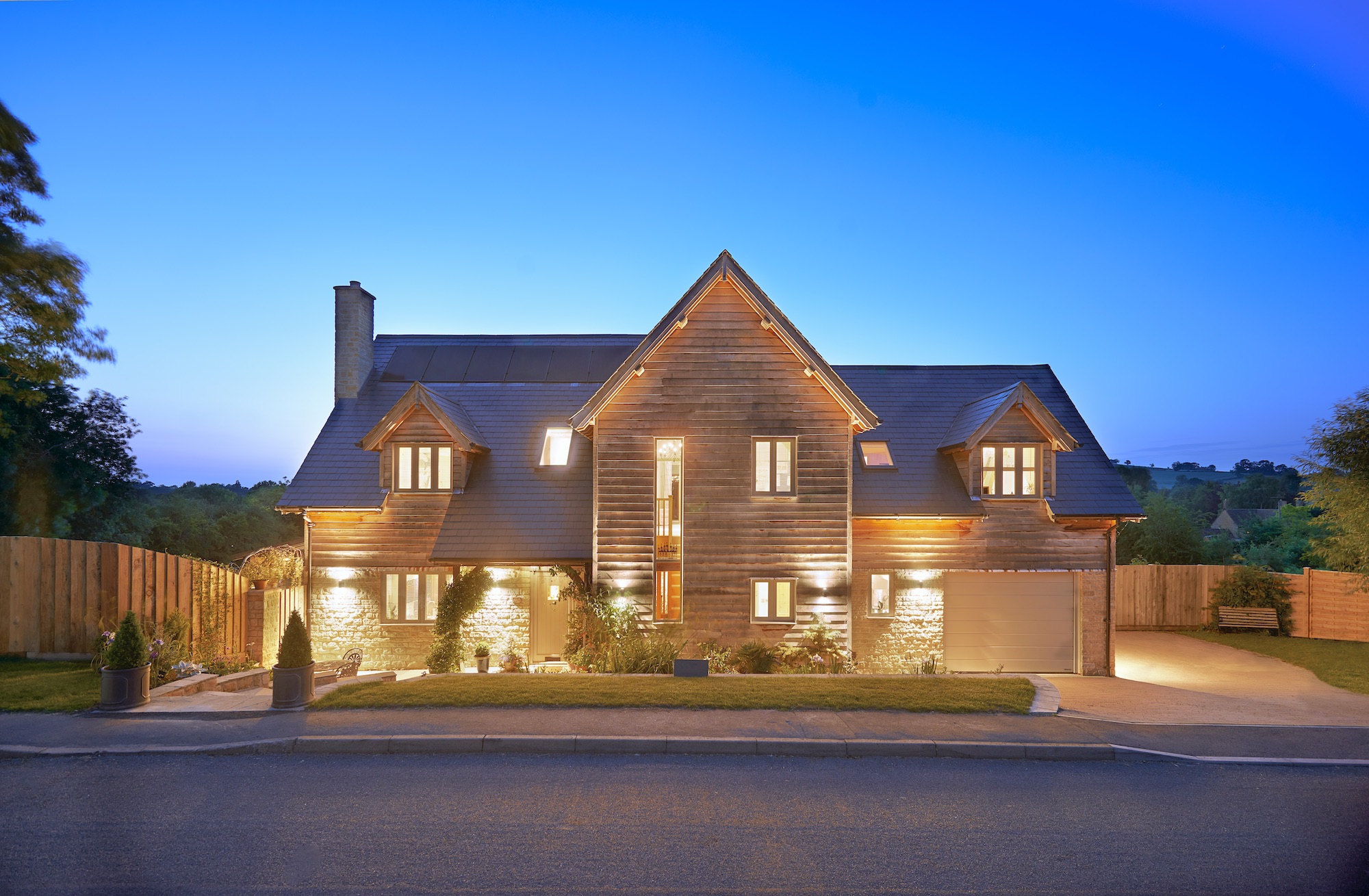
When building a new home on a plot with access issues, or rearranging the orientation of an existing outdoor area, a major consideration to make is the access from the highway to your drive.
Asking the council about dropped kerbs is a fairly straightforward and allows the path over your land to be direct.
This home was built on the plot of a former village hall, so the homeowners needed to apply to drop the kerb (right of shot) for access to their integrated garage.
25. Recycle building waste below a driveway
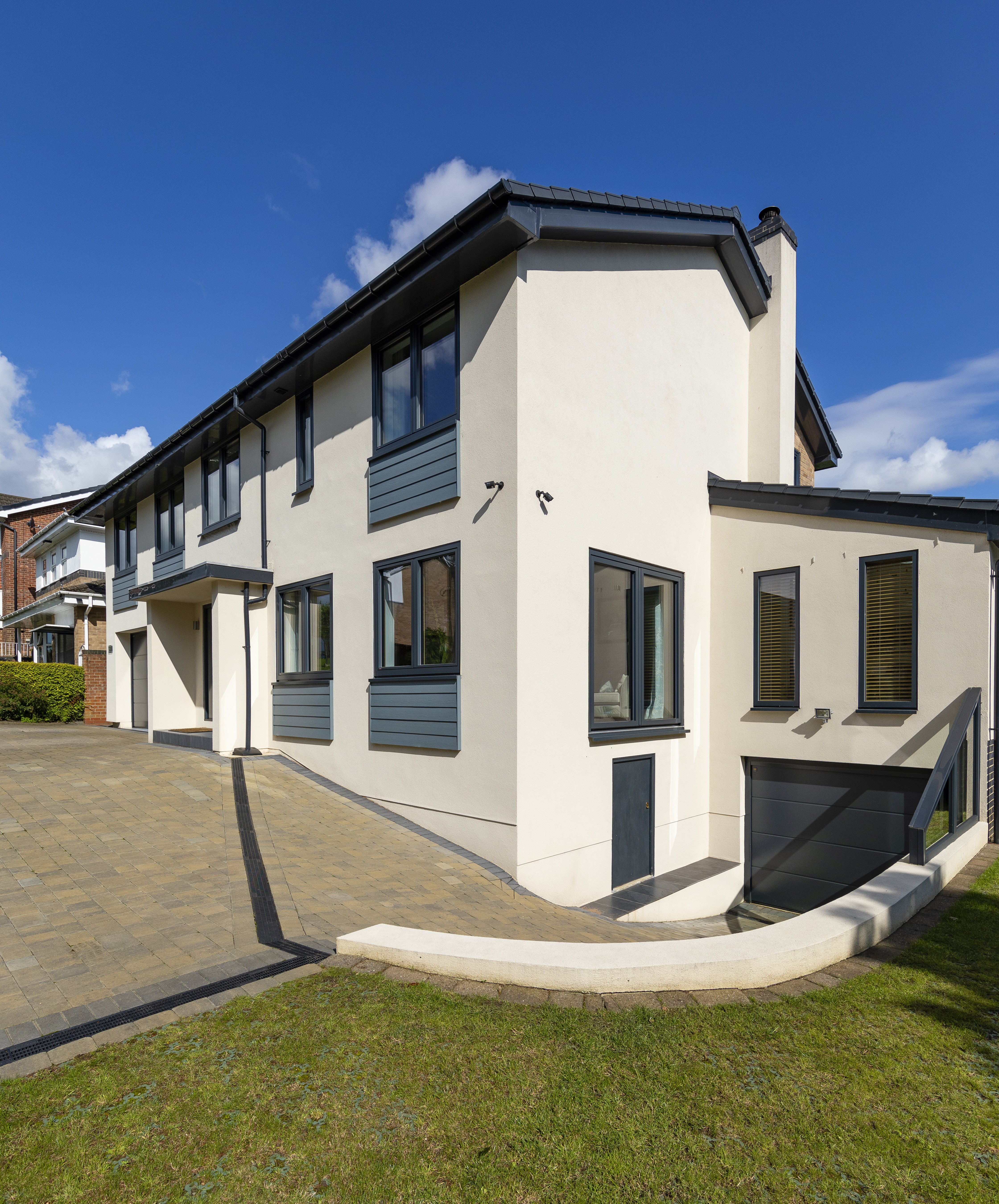
A fantastic way of reducing waste on a building site is it reuse rubble in hardscaping where possible – including as a permeable sub-base for driveways.
Homes journalist and expert Rebecca Foster advises: "If opting for a porous surface treatment, you’ll also need to incorporate a permeable sub-base. The depth of this layer depends on the size and load of the vehicles that will be using it – typically, a depth of 150mm is adequate for most residential projects.
"The most common material is MOT Type 1, which is a mixture of crushed rock particles measuring between 40mm at the largest, mixed with smaller particles that have been ground down to a finer form, right down to dust."
When building their wrap around extension, the homeowners of this remodelled estate house needed to underpin the single-storey section. There was already a small open section which the original builder hadn't fully filled so they took the decision to create a new basement garage.
25. Set your driveway lower to allow unobstructed views
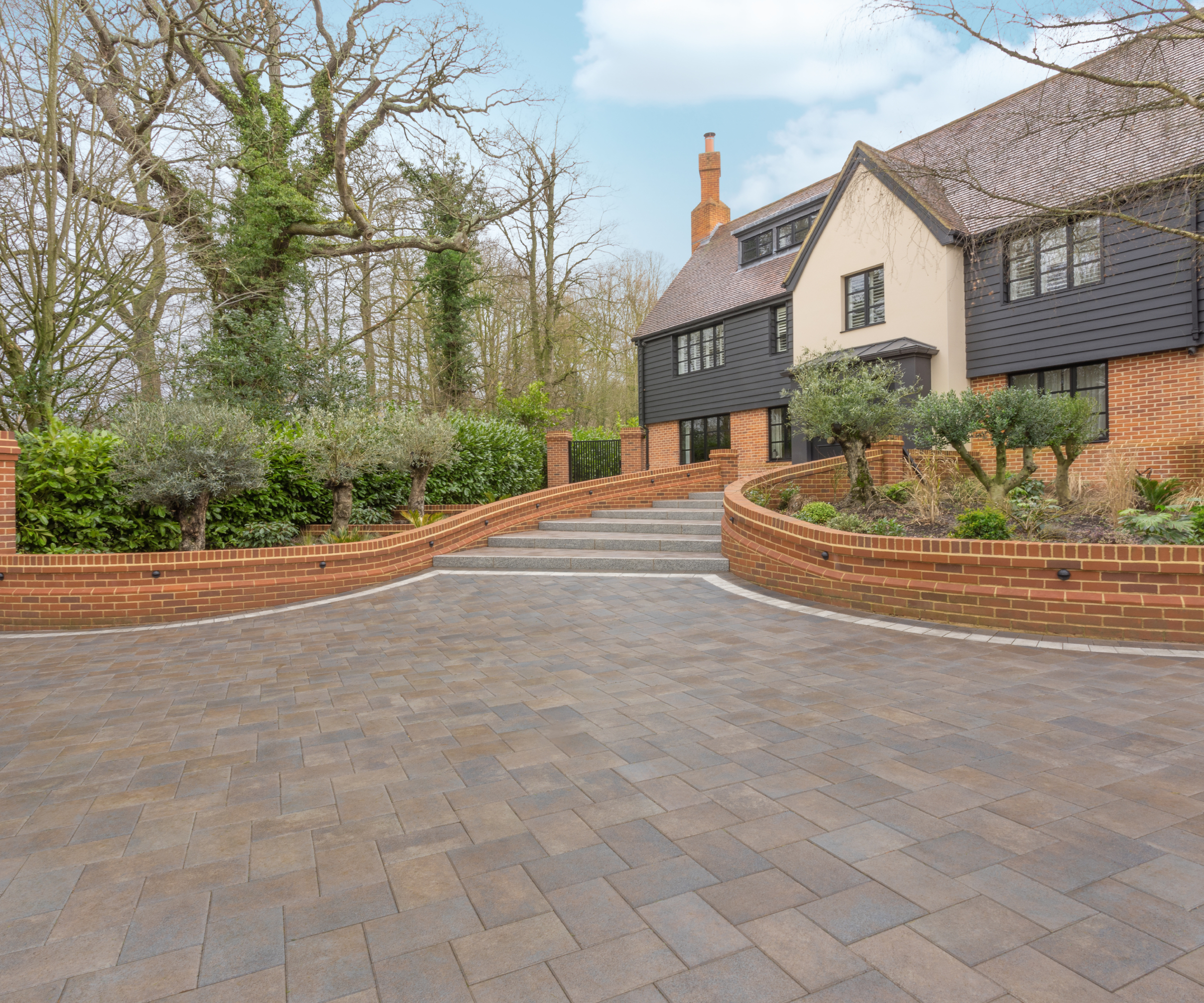
Although a driveway can add value and provide somewhere secure for vehicles to park, you may not want your view obstructed by cars, preferring instead to enjoy your gardens.
In this instance, lowering the level of your driveway can still provide ample space for parking but leave your front entrance looking less like a car park and more like a home. A simple block paving design on this driveway leads to steps to help guide you home.
FAQs
How do I ensure my driveway ideas work practically?
It is all well and good making sure your driveway looks the part, but this is an element of your home that has a primarily practical role.
Modern cars are much wider than they used to be so take this into account when redesigning an existing outdoor space or creating a new one. Allow plenty of room on your driveway if you can, including space to open car doors on both sides.
Also create an easy route for cars to exit. For homes on quiet roads, reversing straight back on a single line driveway is simple enough, when it comes to main roads a T shape (providing room for the three point turn) or a U shape could serve the household best.
What is the cheapest type of driveway?
"The price of your driveway tends to be dependent on the overall size of the area as labour time will need to be considered as well as the materials," advises Joni Withers, head of global and trade marketing at Sureset.
"The most cost-effective solution would be a standard asphalt or concrete surface; these are durable and will serve a purpose but won’t necessarily enhance the kerb appeal and appearance of your property as much as something ‘prettier’."
When calculating, don't forget to factor in the installation and maintenance costs. Gravel is a low-cost material (sometimes as little as £4/m2) and can be installed on a DIY basis, while resin bound driveways can reach up to £50 - £75/m2, including installation costs.
“We advise following the 80:20 rule [for block pavers], which means out of the full cost of the installation job, 20% would be materials and 80% would be the cost of the groundwork, sub-base and labour. Of course, this will vary between installers,” explains Heather Foo, regional sales manager at Bradstone.
"The best surface for a driveway depends on the homeowners individual requirements," explains Joni Withers. "There are many options to choose from such as, concrete, asphalt, block paving, loose gravel, resin bound paving, resin bonded paving or slabs.
"Each have their own benefits from budget to characteristics or colour options. It is best to do your research on not only the materials but the companies selling and installing them as quite often that can affect the quality of the overall project as much as the paving itself," she concludes.

Jodi Withers has been with SureSet since 2008, building up a weath of knowledge along the way and nw heads up the Global and Trade Marketing Department.
How can I improve the kerb appeal of my driveway?
"There are many ways you can add to the aesthetics of your driveway. From simply cleaning the area to a complete overhaul, whatever your budget there will be plenty of options," comments Joni Withers.
"Adding greenery to the surrounding pathways will give some colour and interest, if you have a front garden alongside your driveway, maintaining this can immediately enhance the overall appearance and make your driveway look tidier.
"If you are looking to really make a change, an overlay or overhaul of the existing paving material can be tailored to your own taste and be colour matched with the property to complement the home."
To quickly improve the appearance of an existing driveway make sure you know how to clean block paving correctly, use the best power washer to clean away moss, lichen and dirt, repair any broken slabs or fill in patches of gravel if this is your chosen driveway material.
If you're thinking of tackling your new driveway ideas yourself, gravel will be one of the easiest options but still needs to be done in the right way. Follow our guide to laying a gravel driveway to ensure a pristine and professional finish.
Get the Homebuilding & Renovating Newsletter
Bring your dream home to life with expert advice, how to guides and design inspiration. Sign up for our newsletter and get two free tickets to a Homebuilding & Renovating Show near you.
Amy is an interiors and renovation journalist. She is the former Assistant Editor of Homebuilding & Renovating, where she worked between 2018 and 2023. She has also been an editor for Independent Advisor, where she looked after homes content, including topics such as solar panels.
She has an interest in sustainable building methods and always has her eye on the latest design ideas. Amy has also interviewed countless self builders, renovators and extenders about their experiences.
She has renovated a mid-century home, together with her partner, on a DIY basis, undertaking tasks from fitting a kitchen to laying flooring. She is currently embarking on an energy-efficient overhaul of a 1800s cottage in Somerset.

